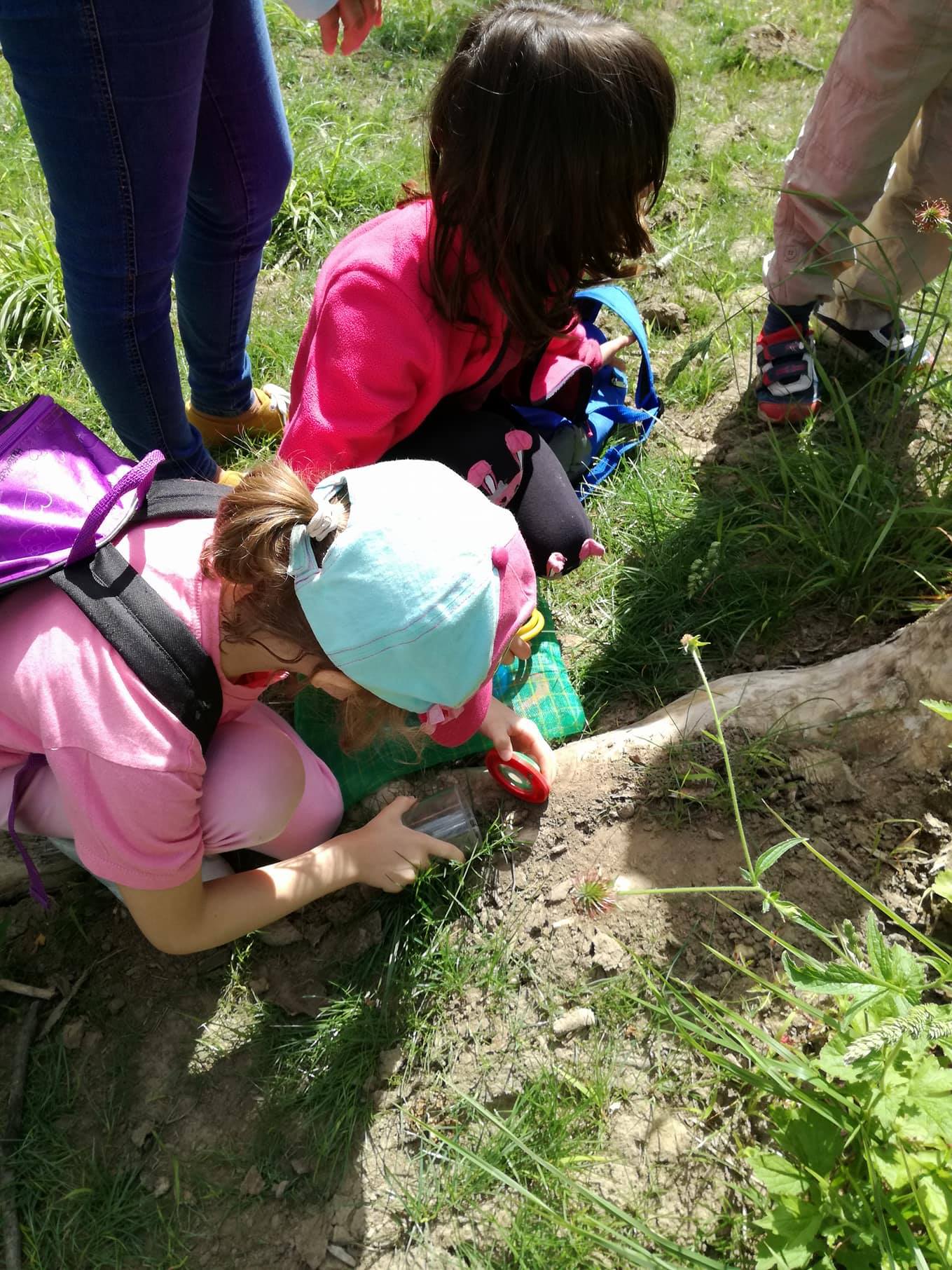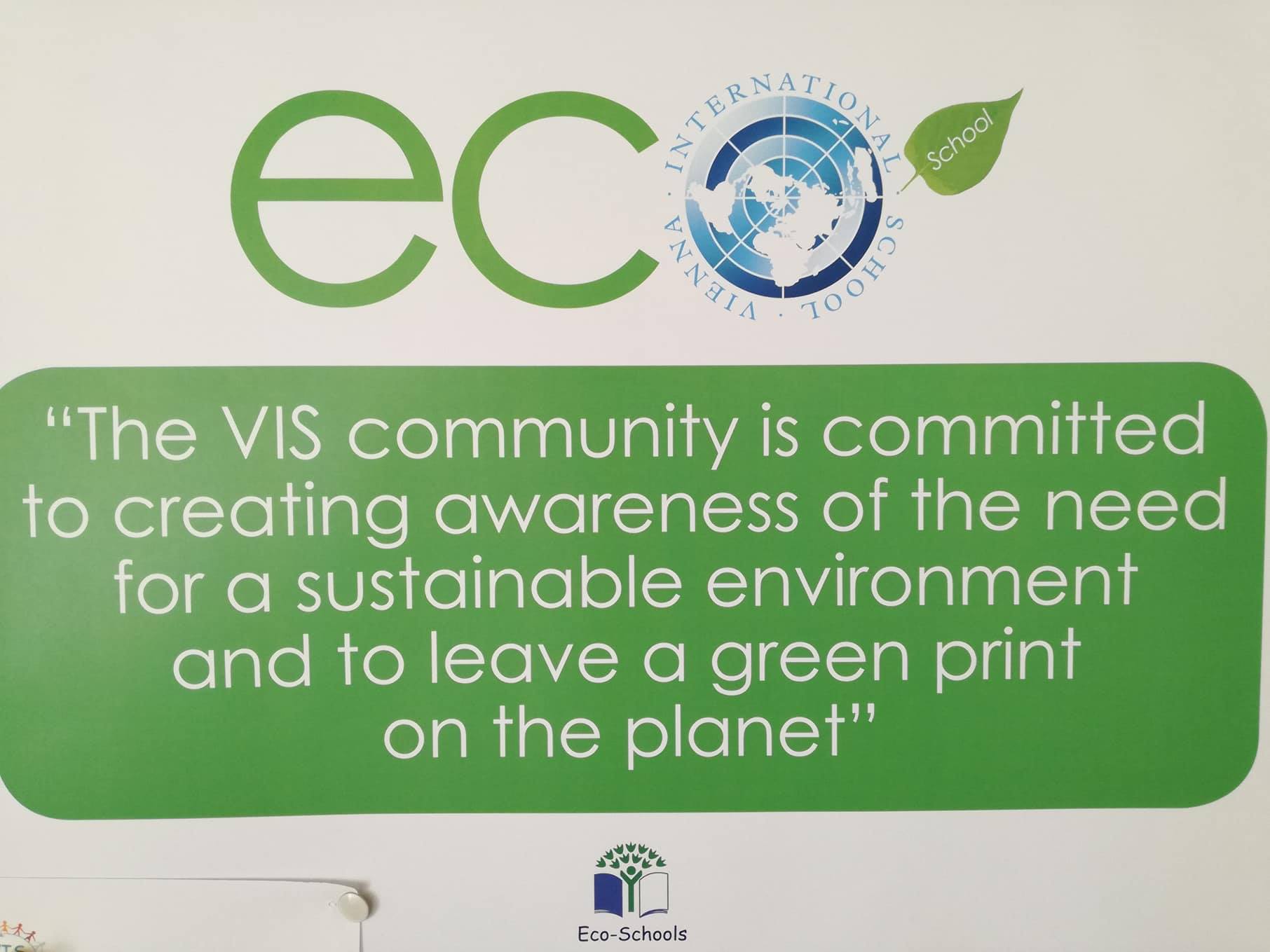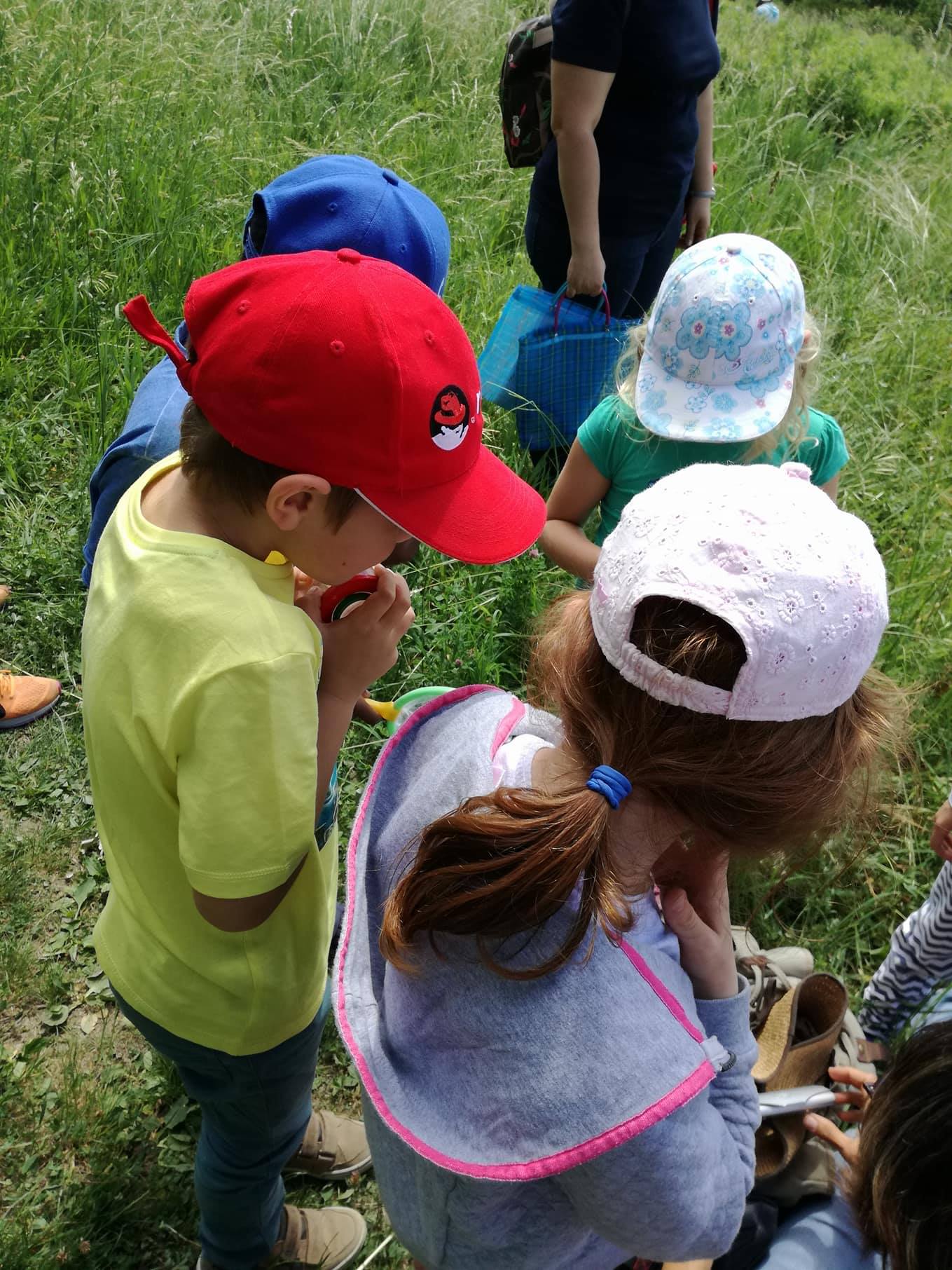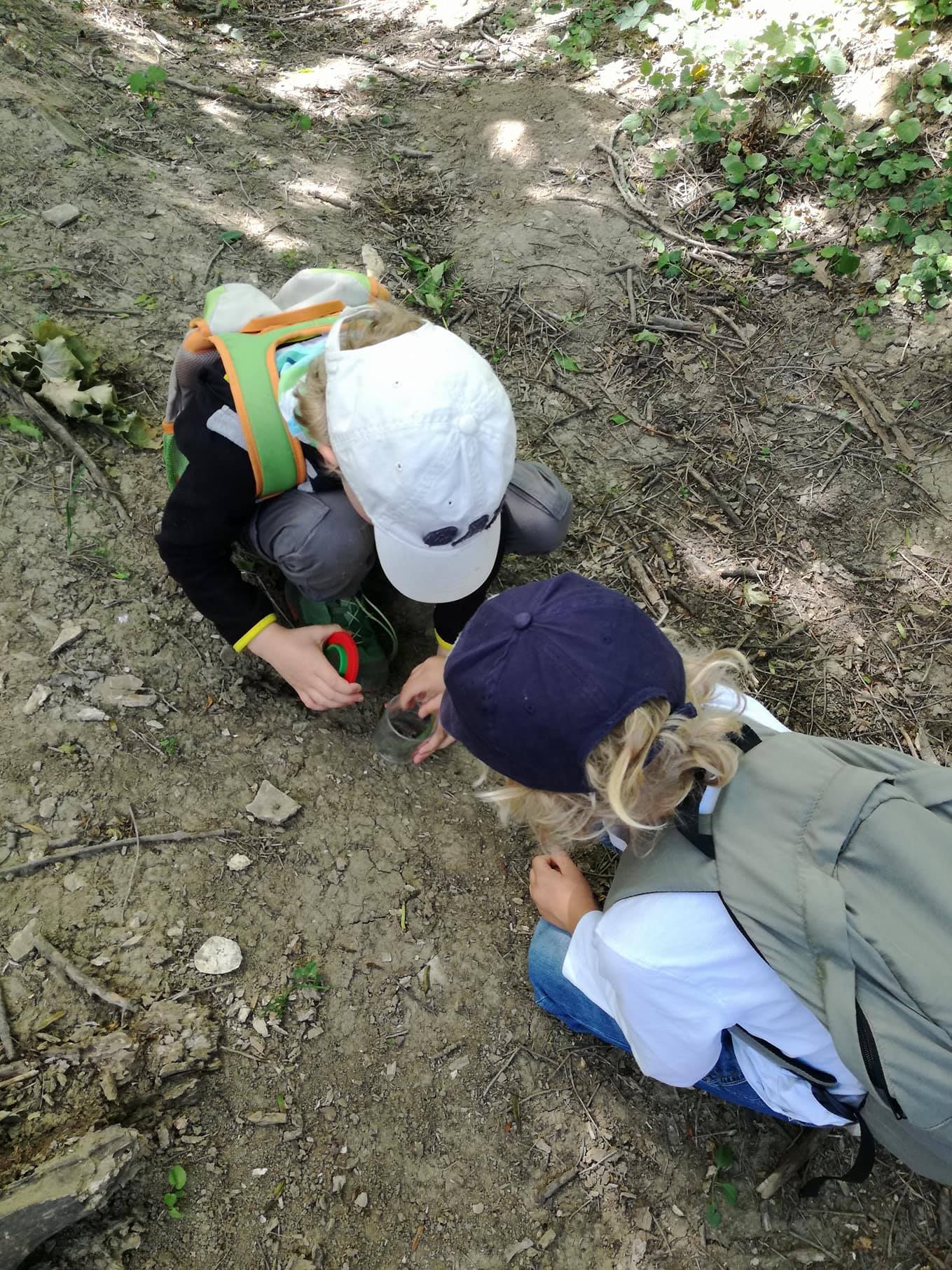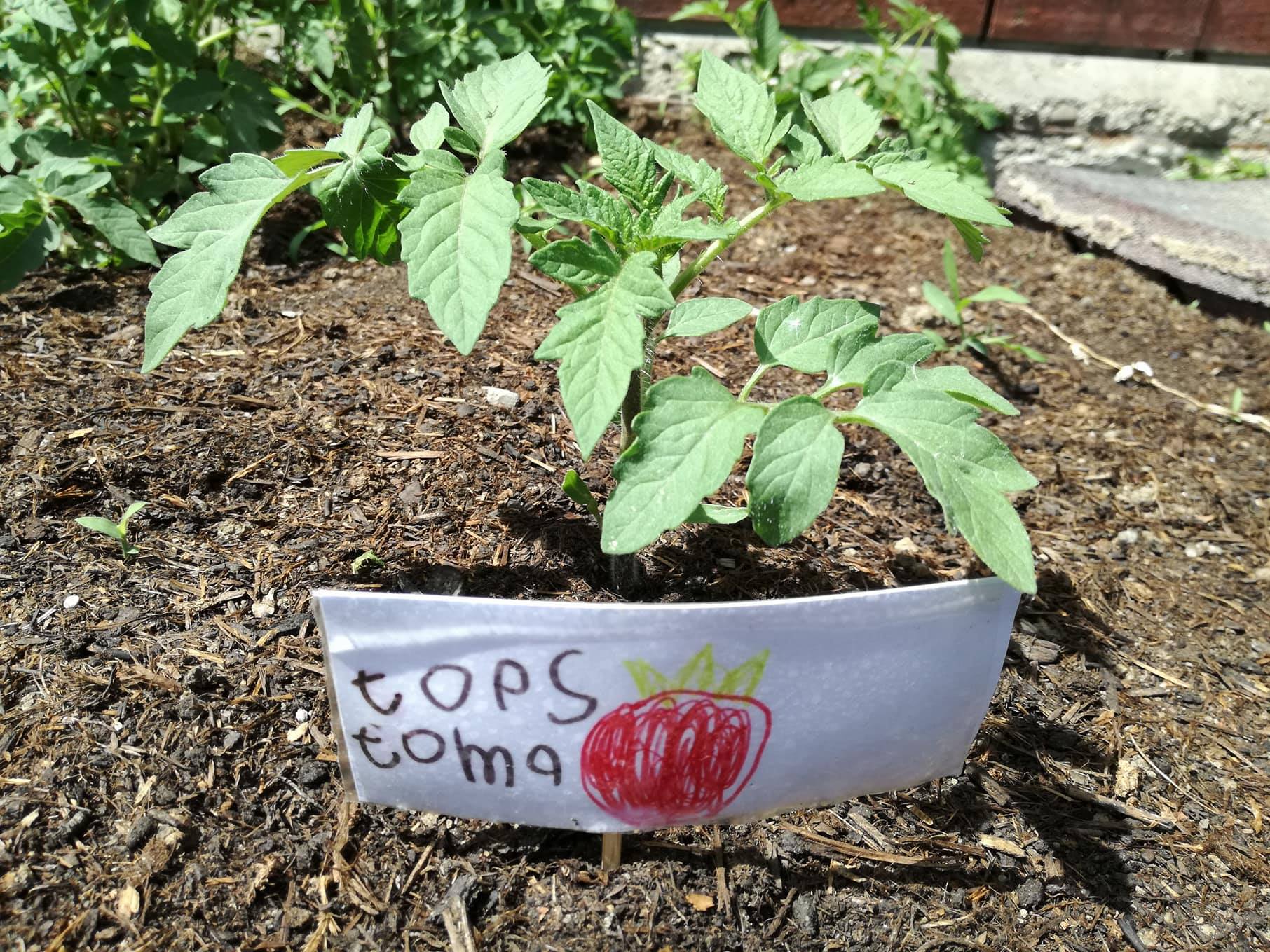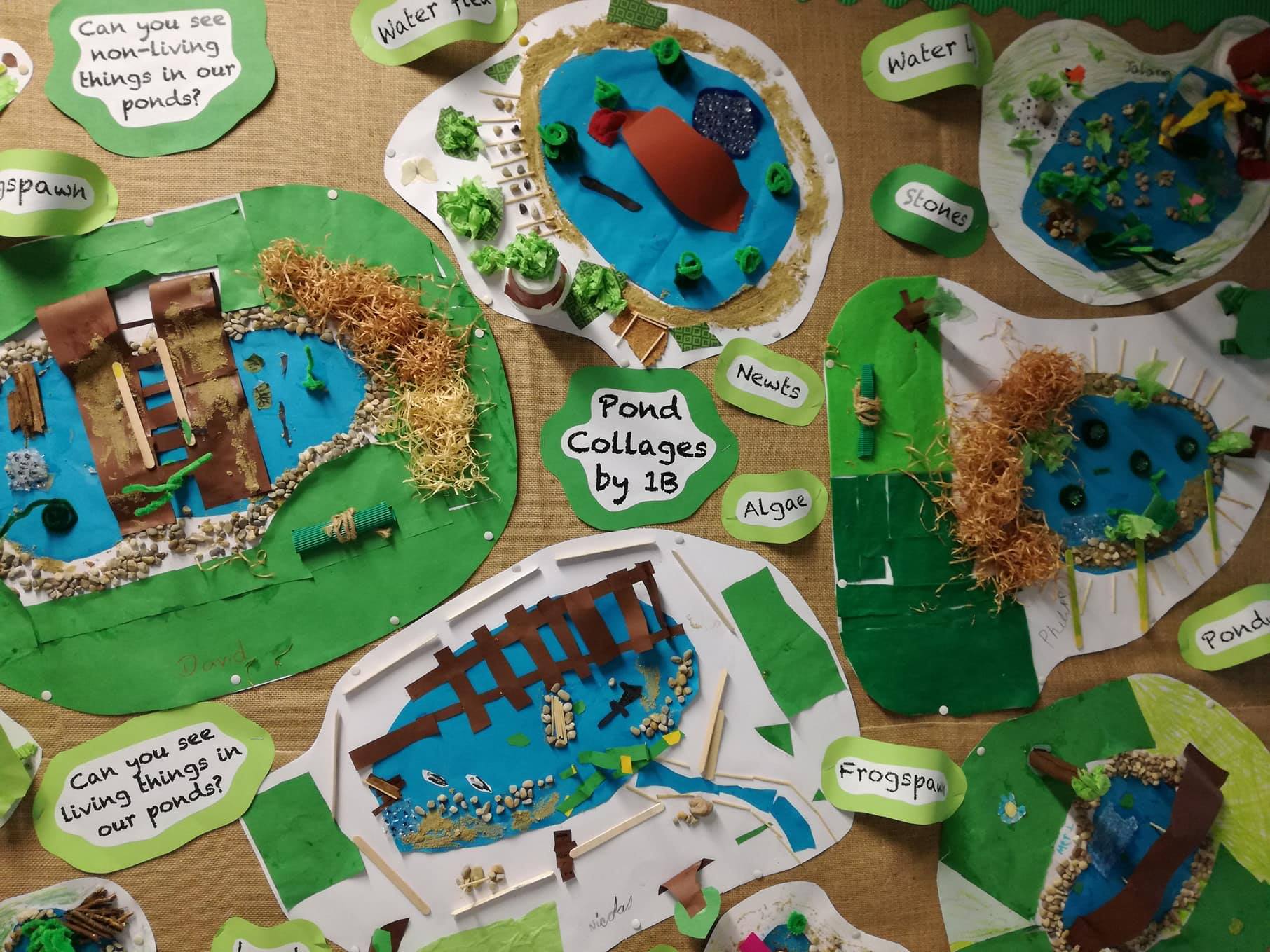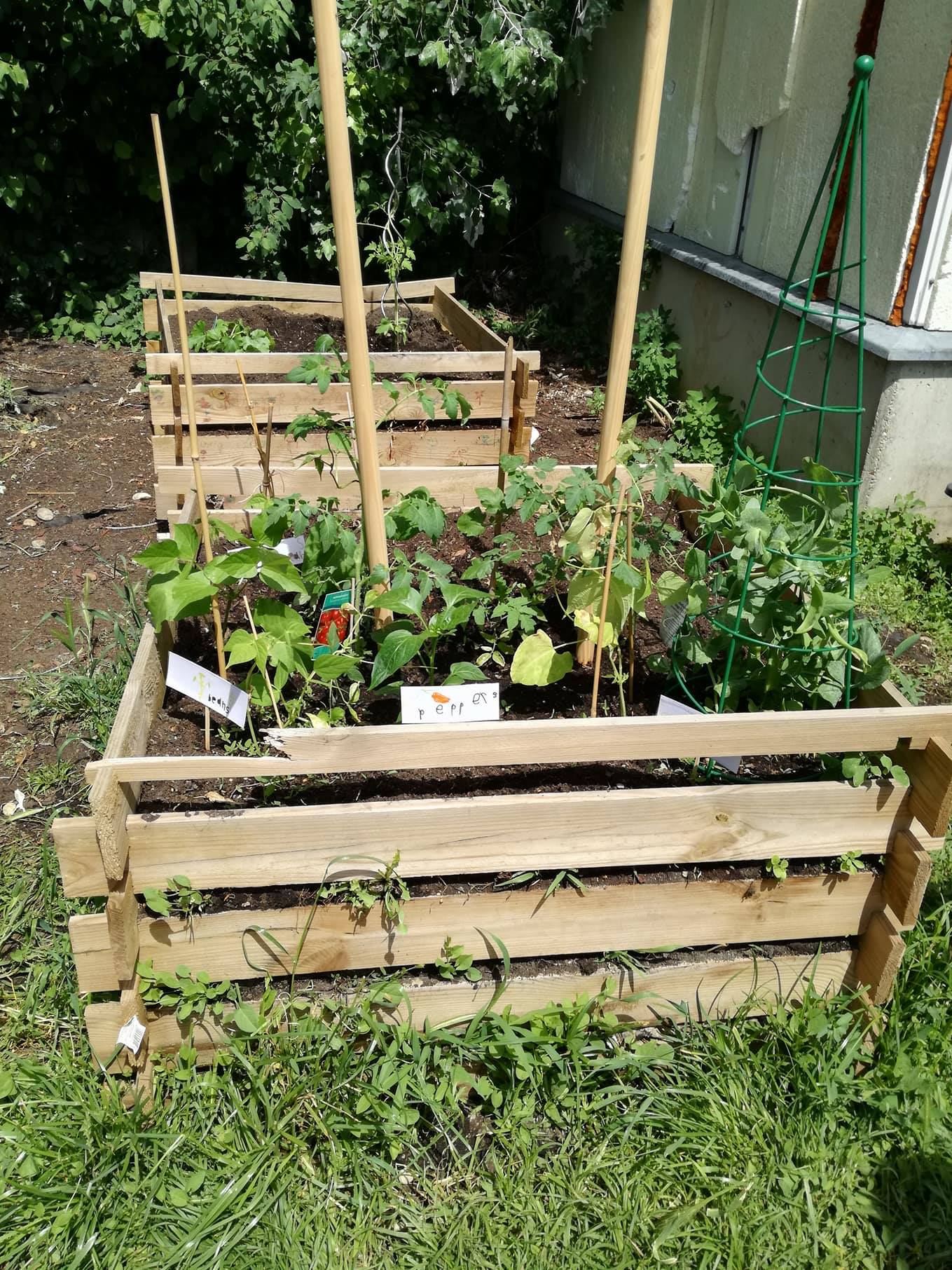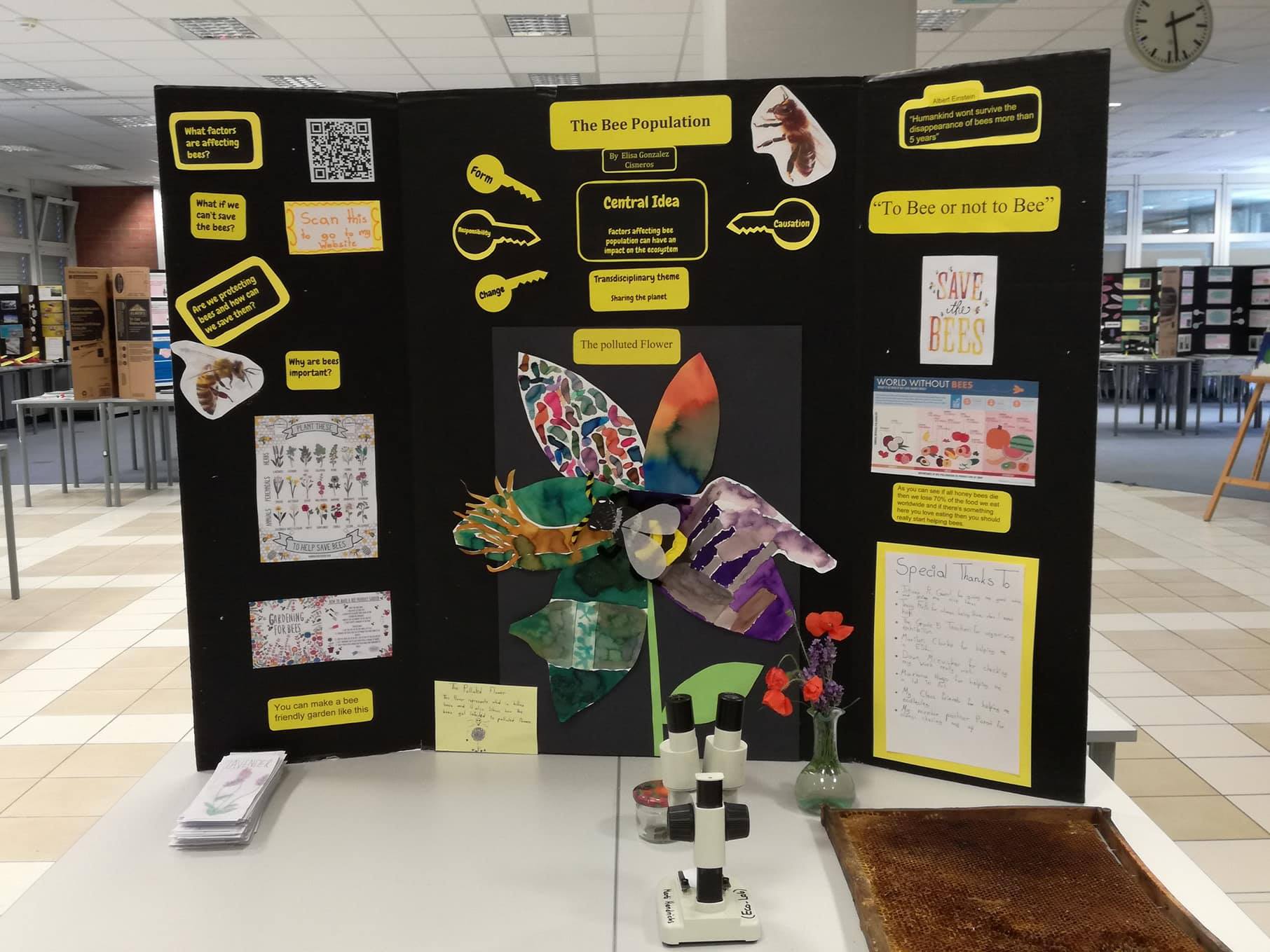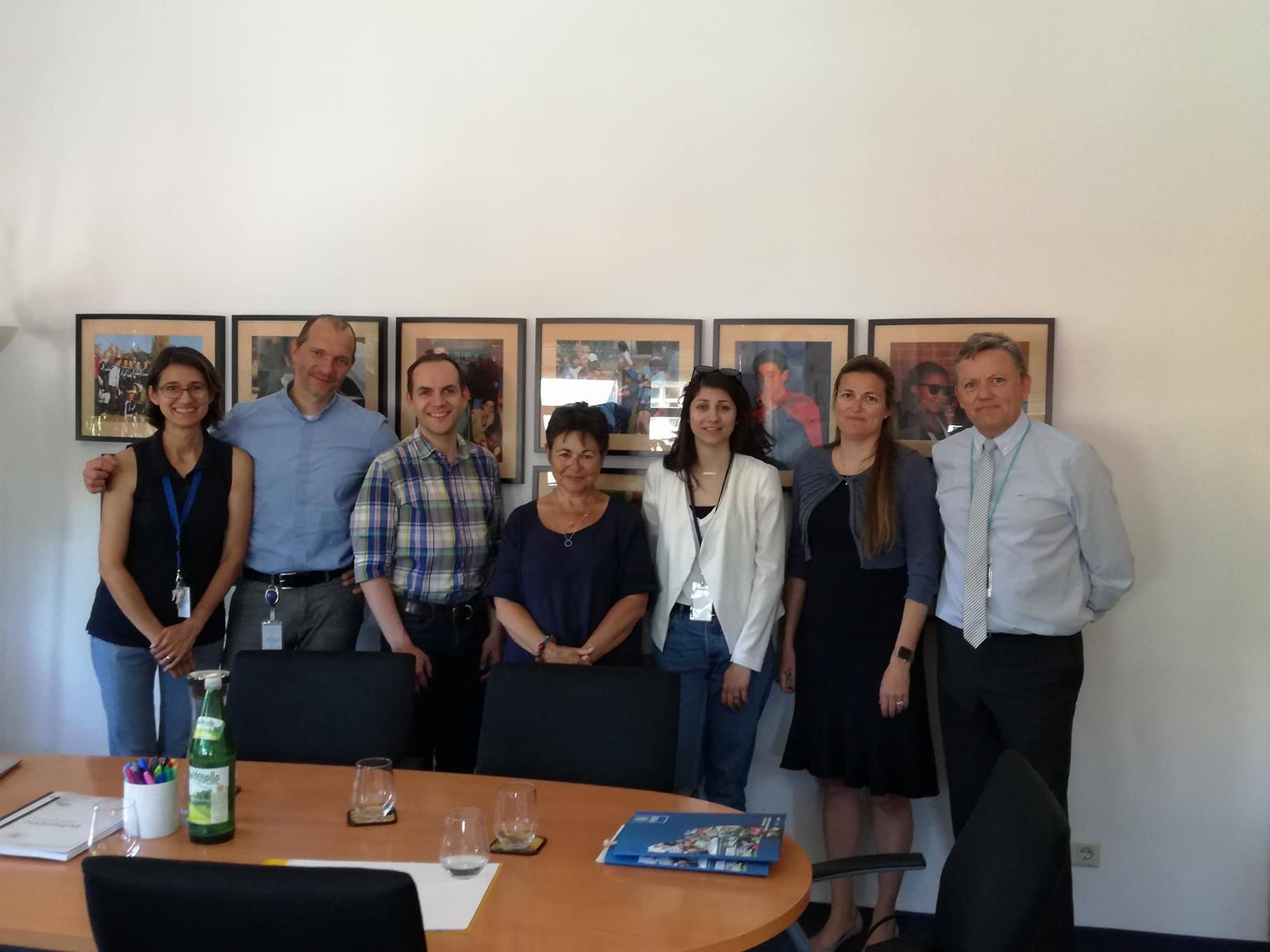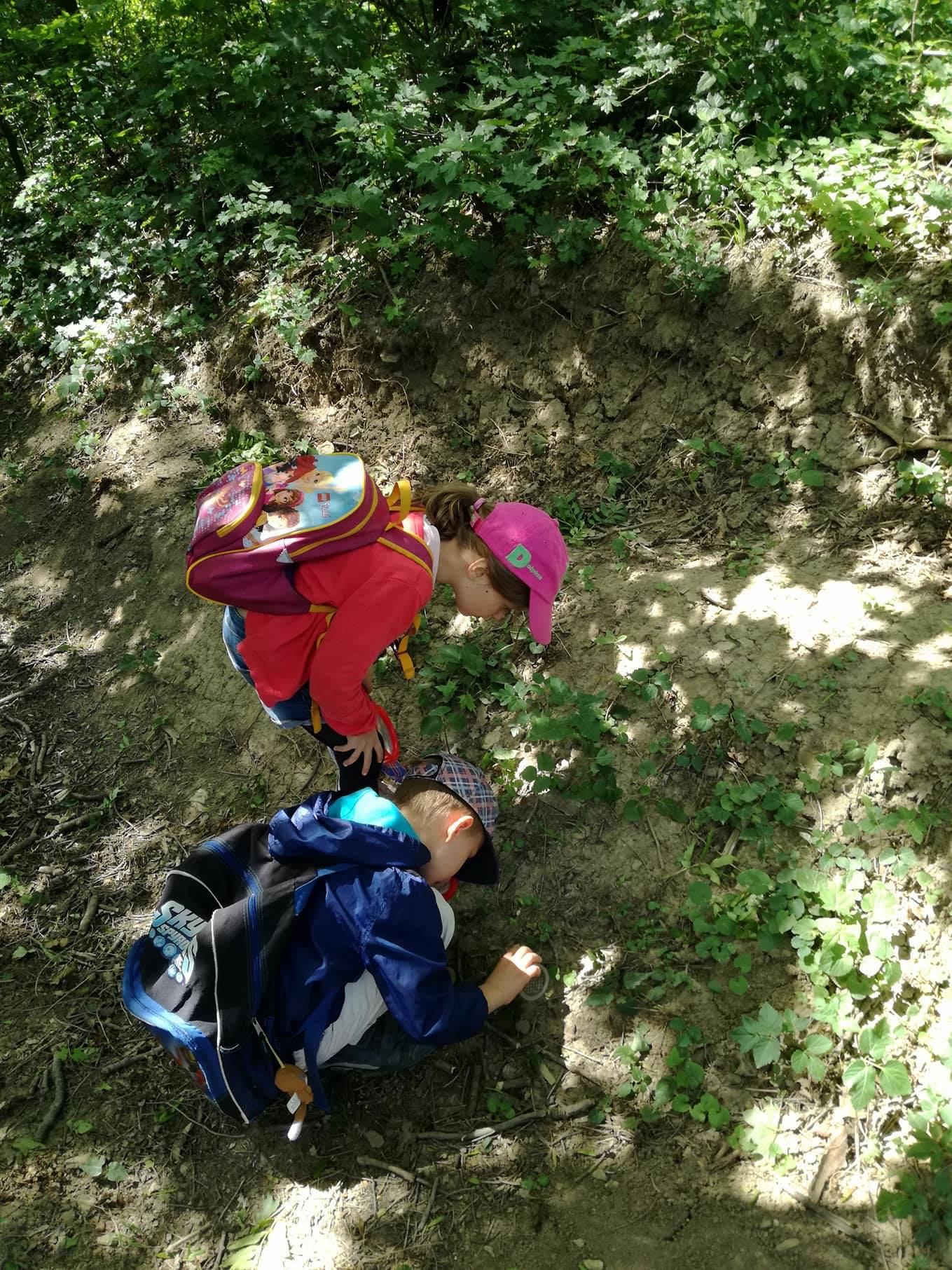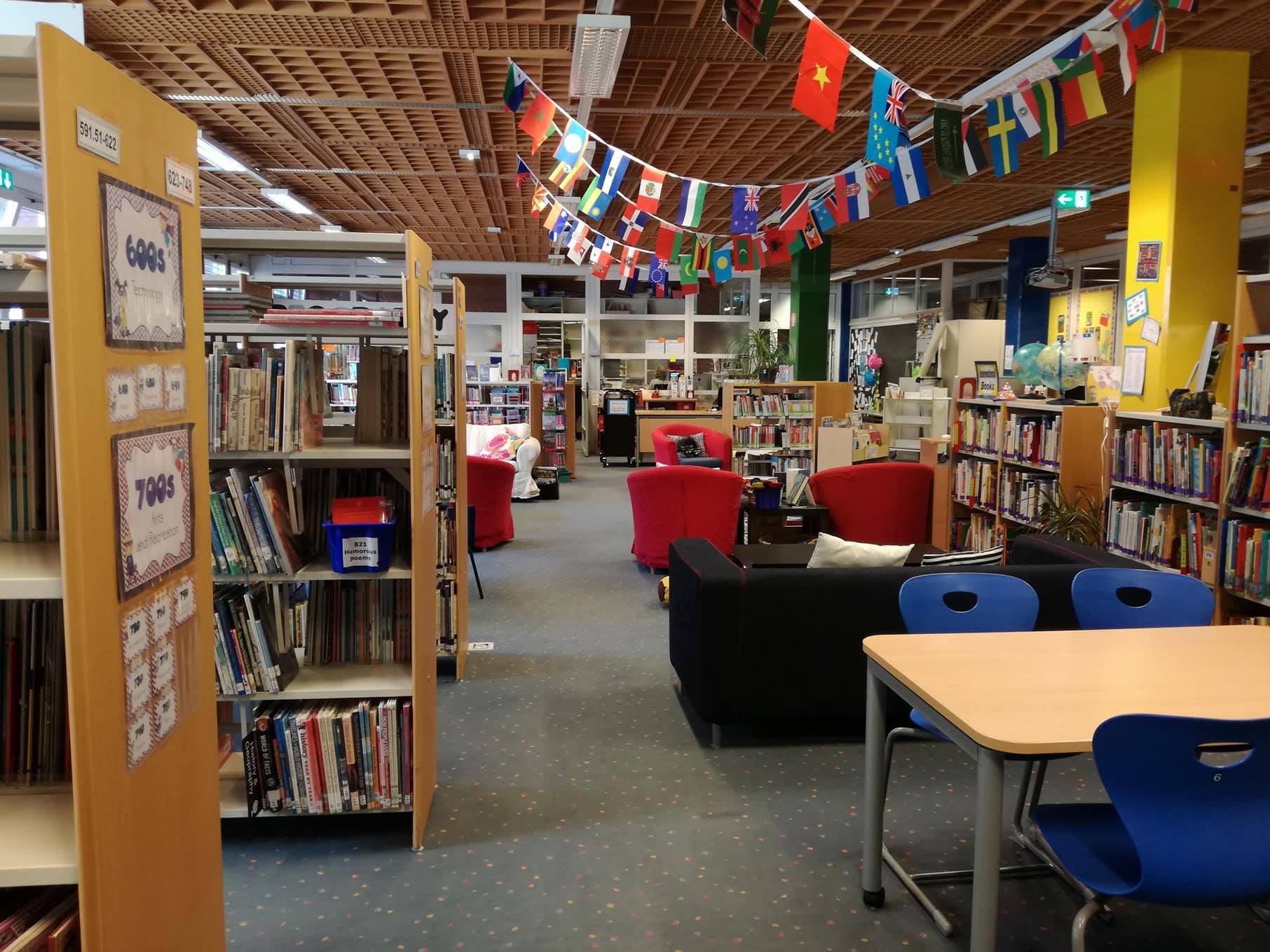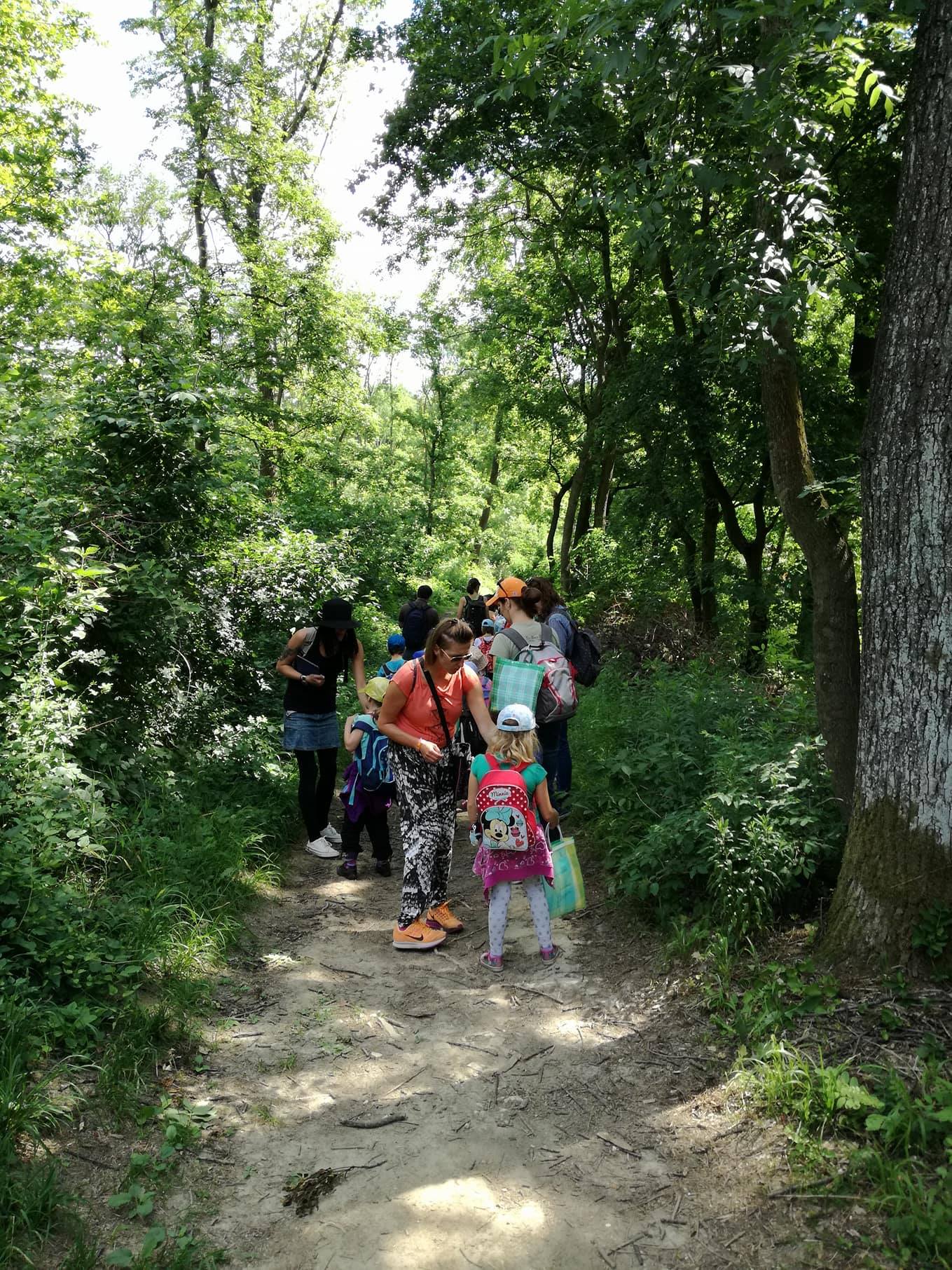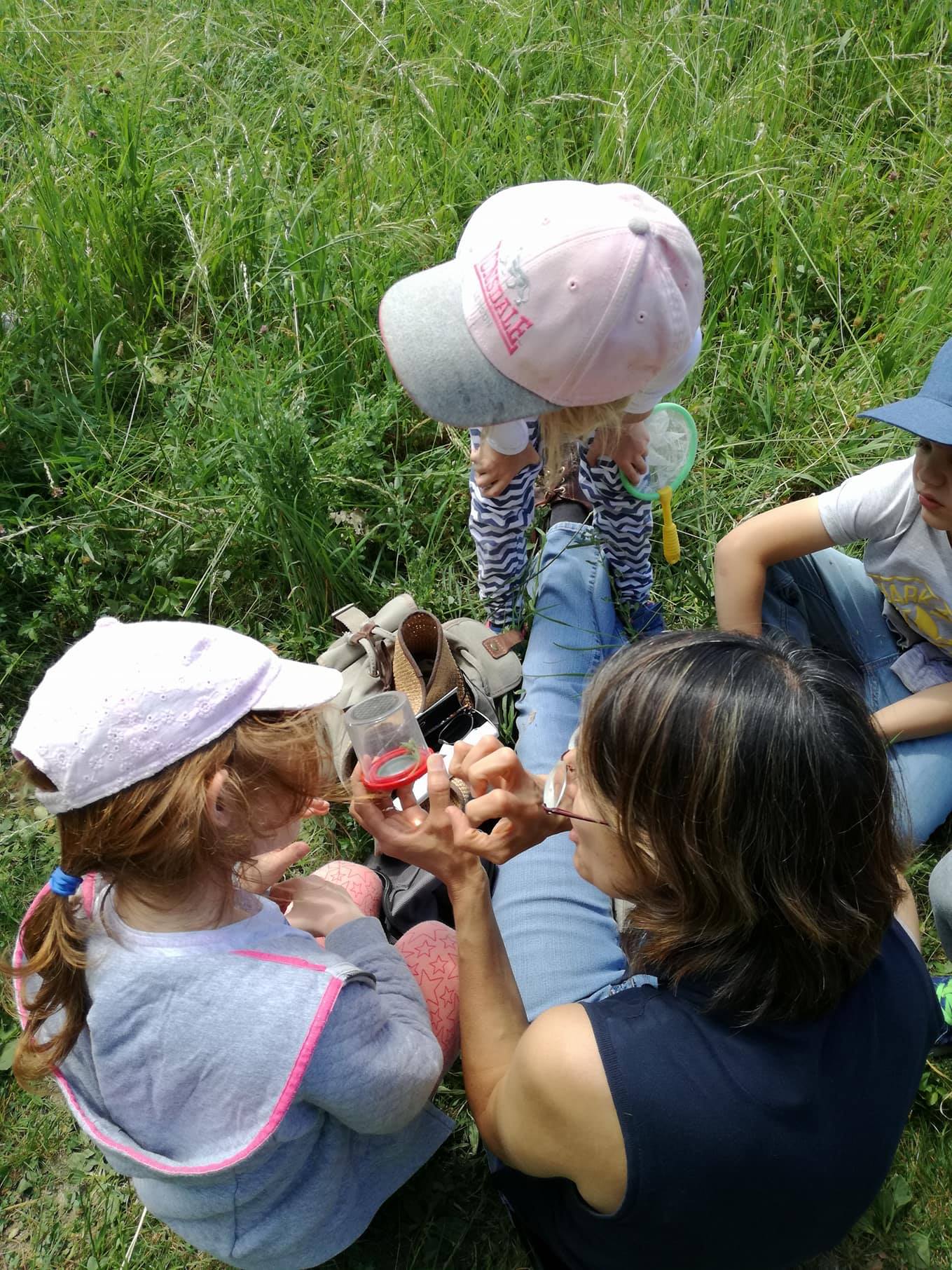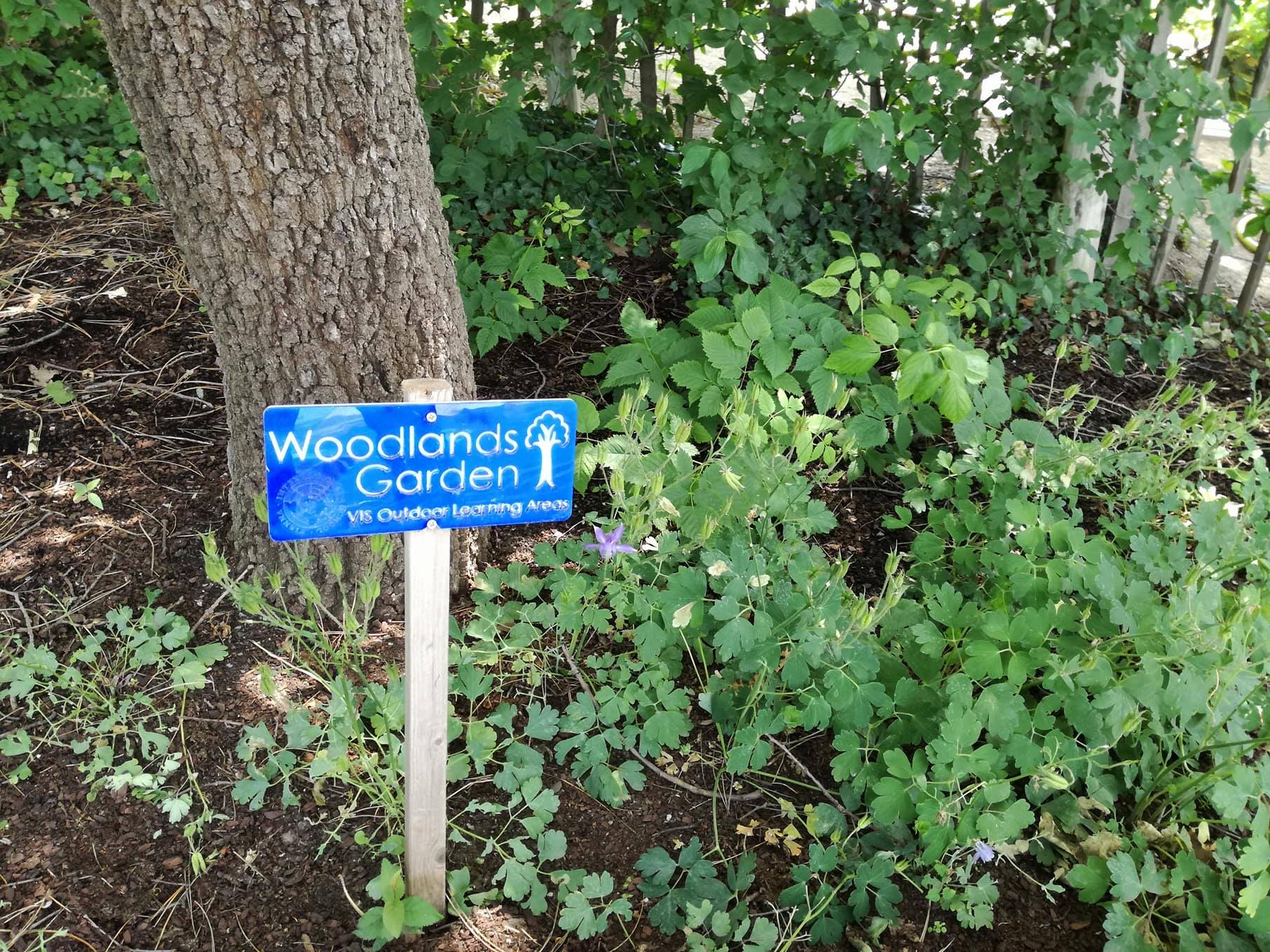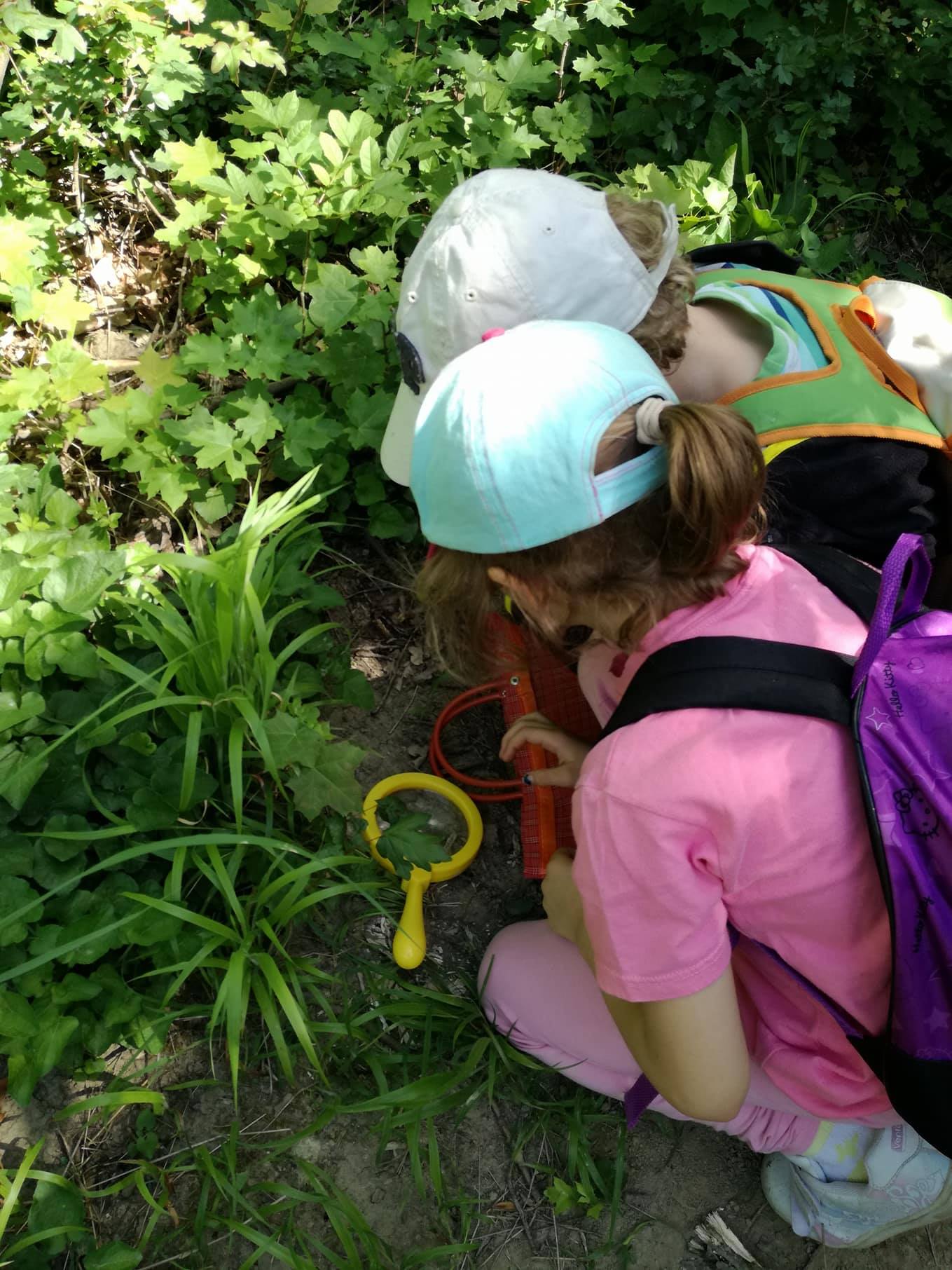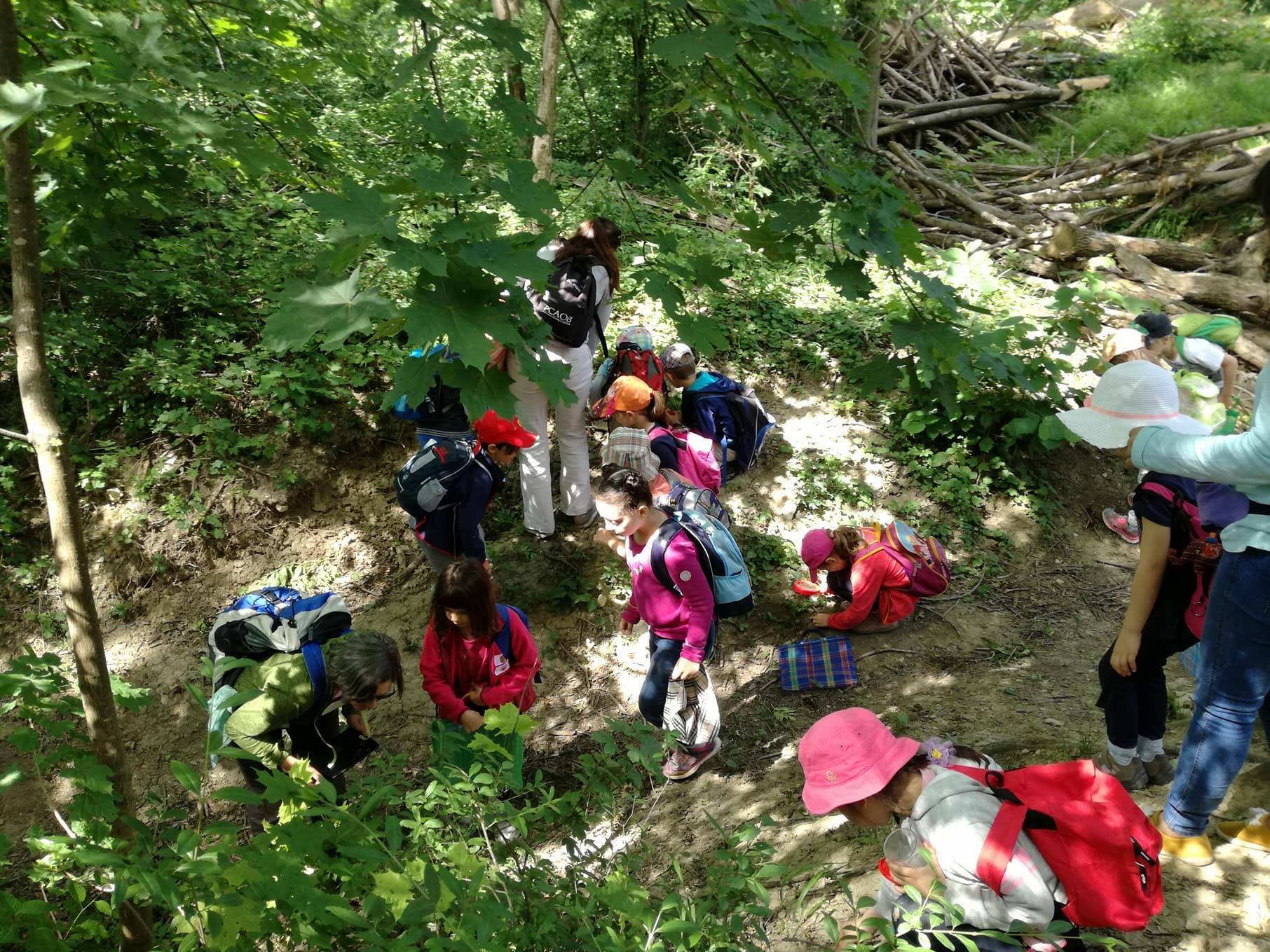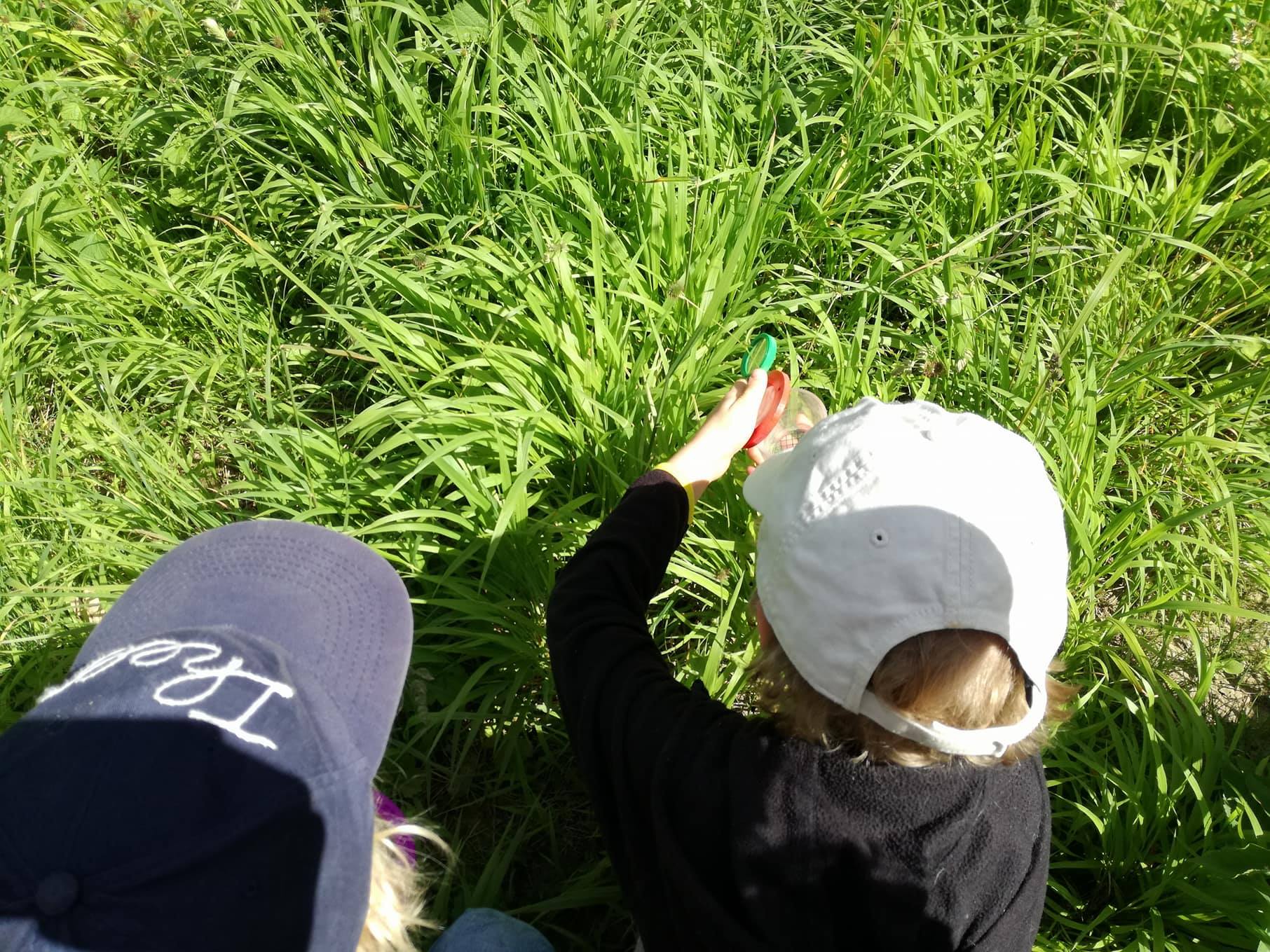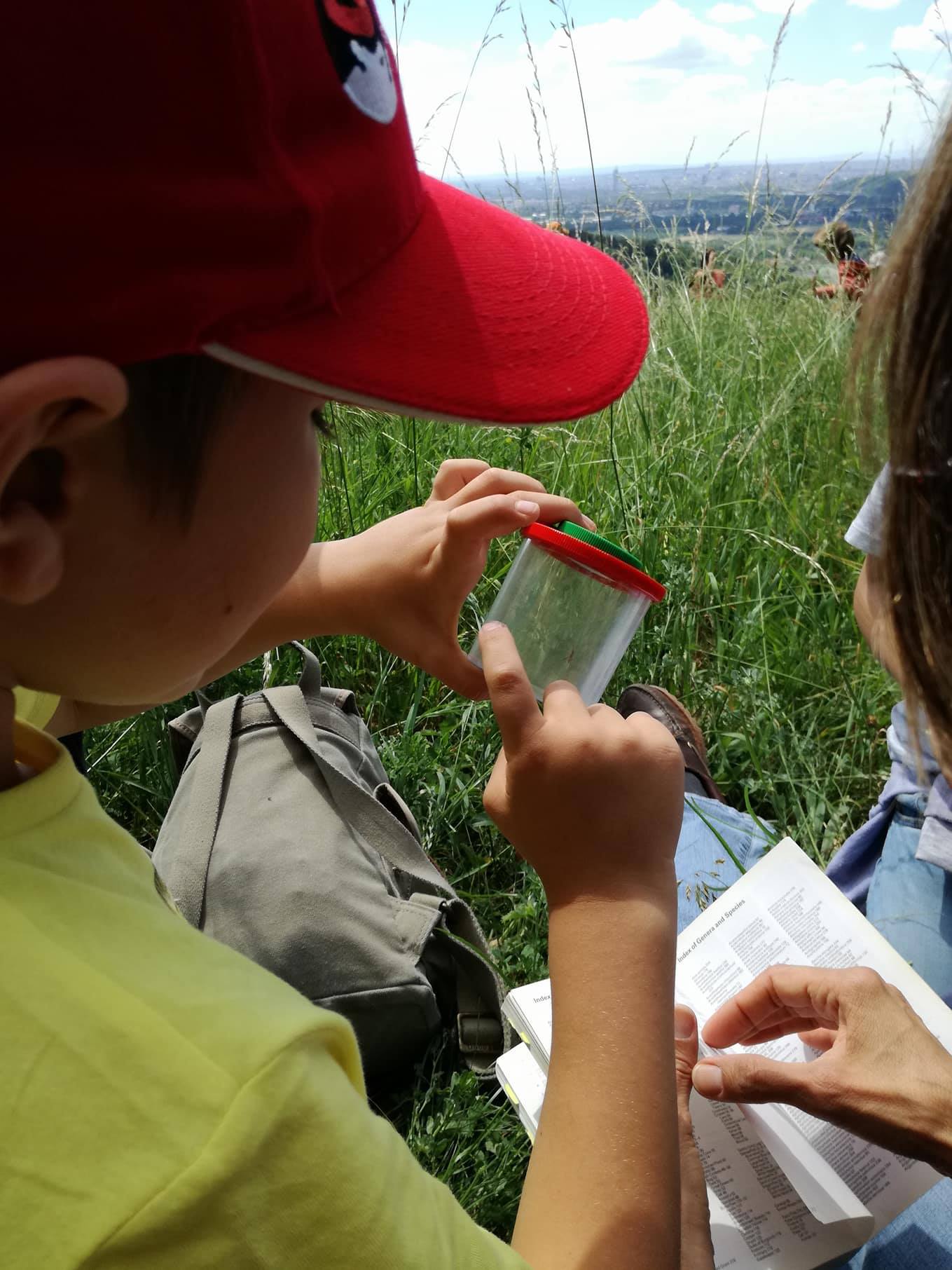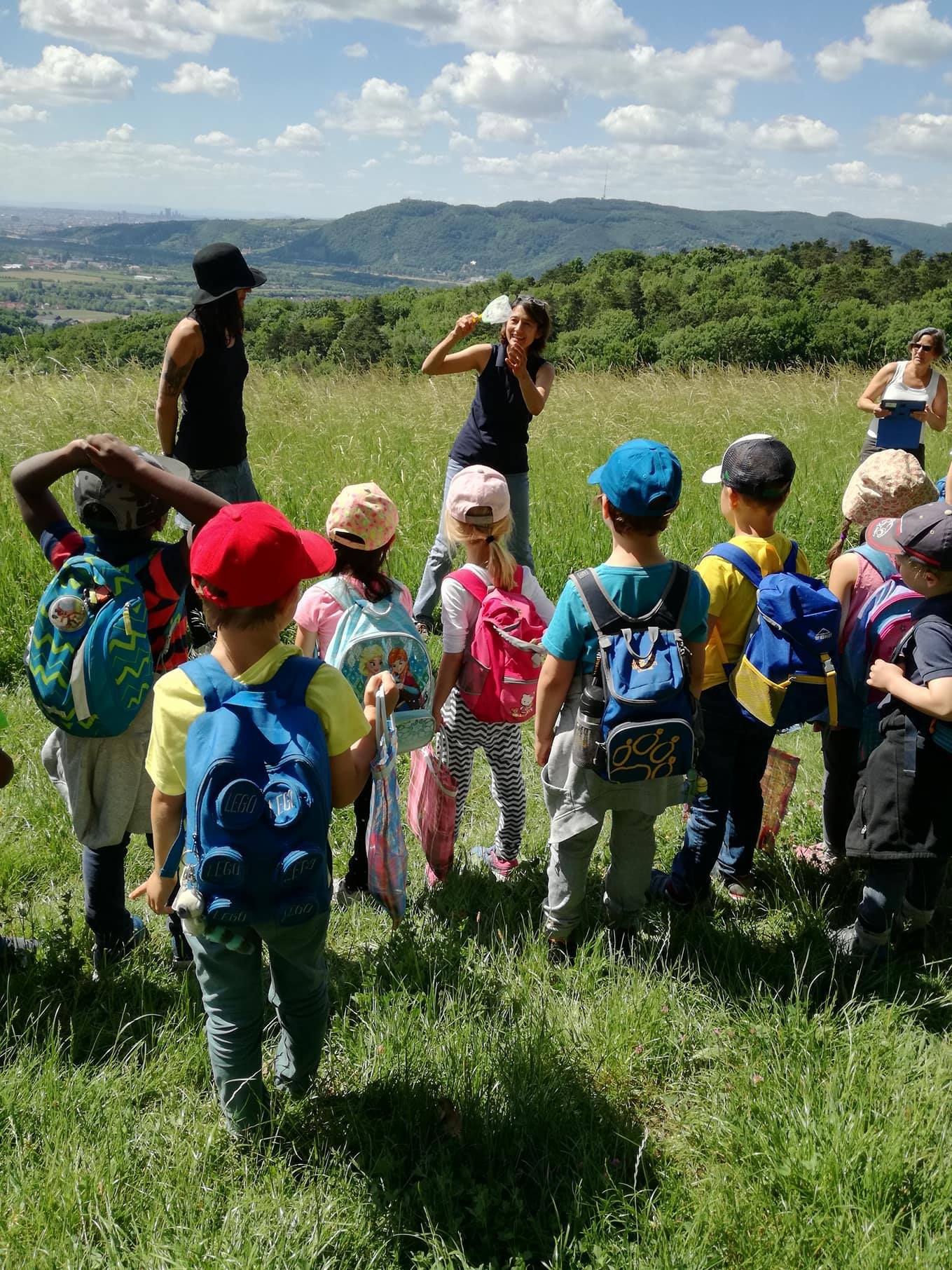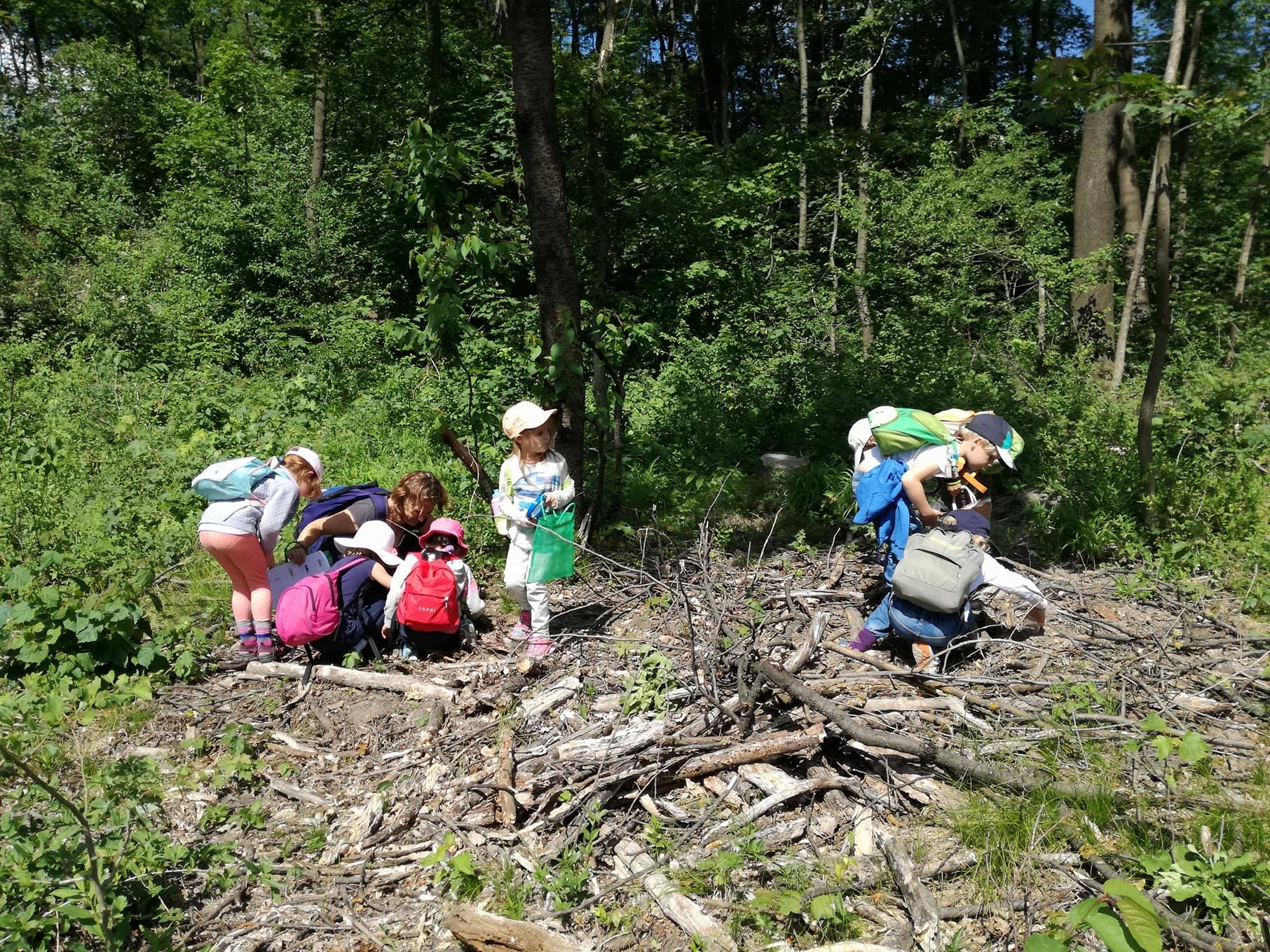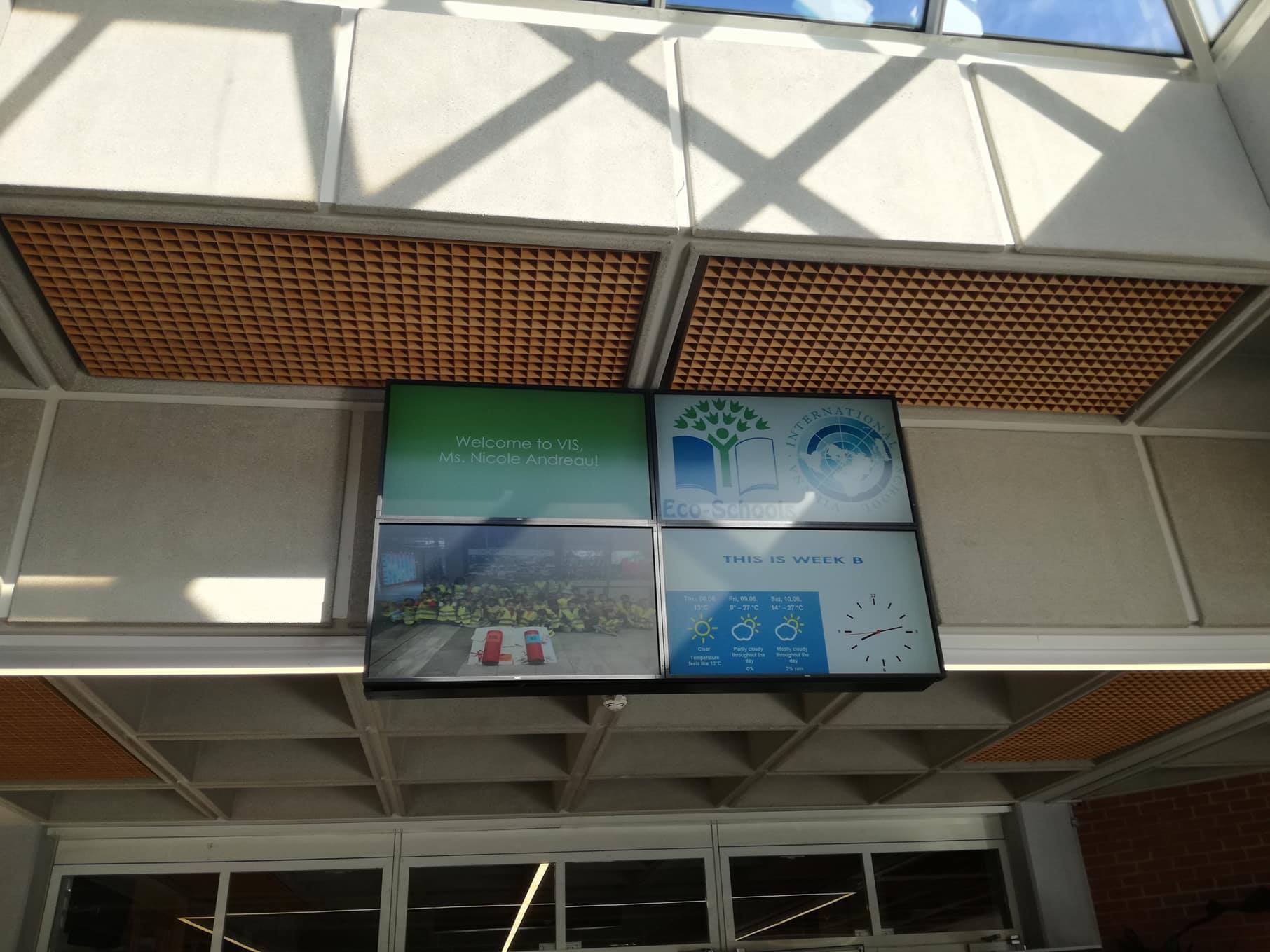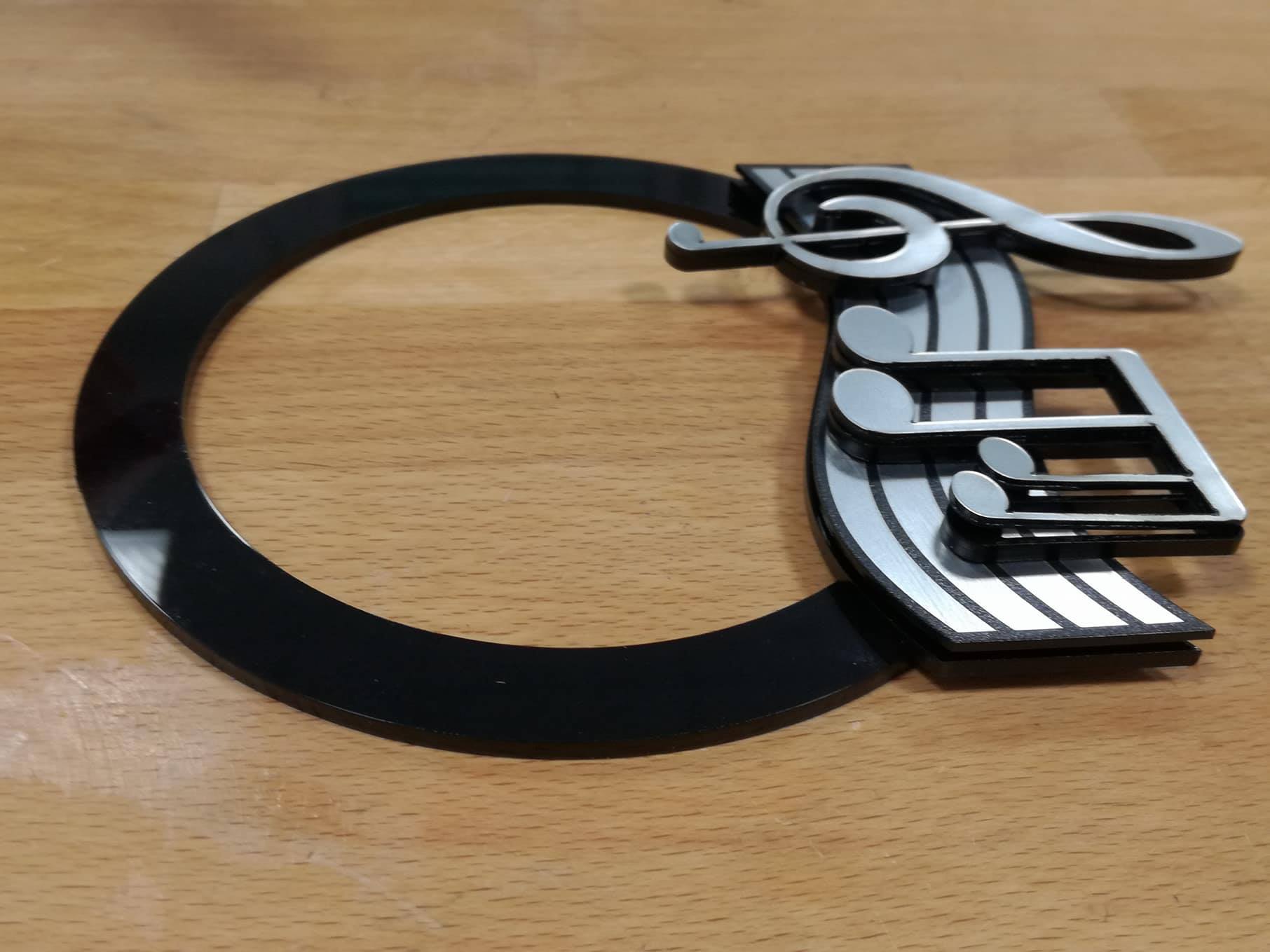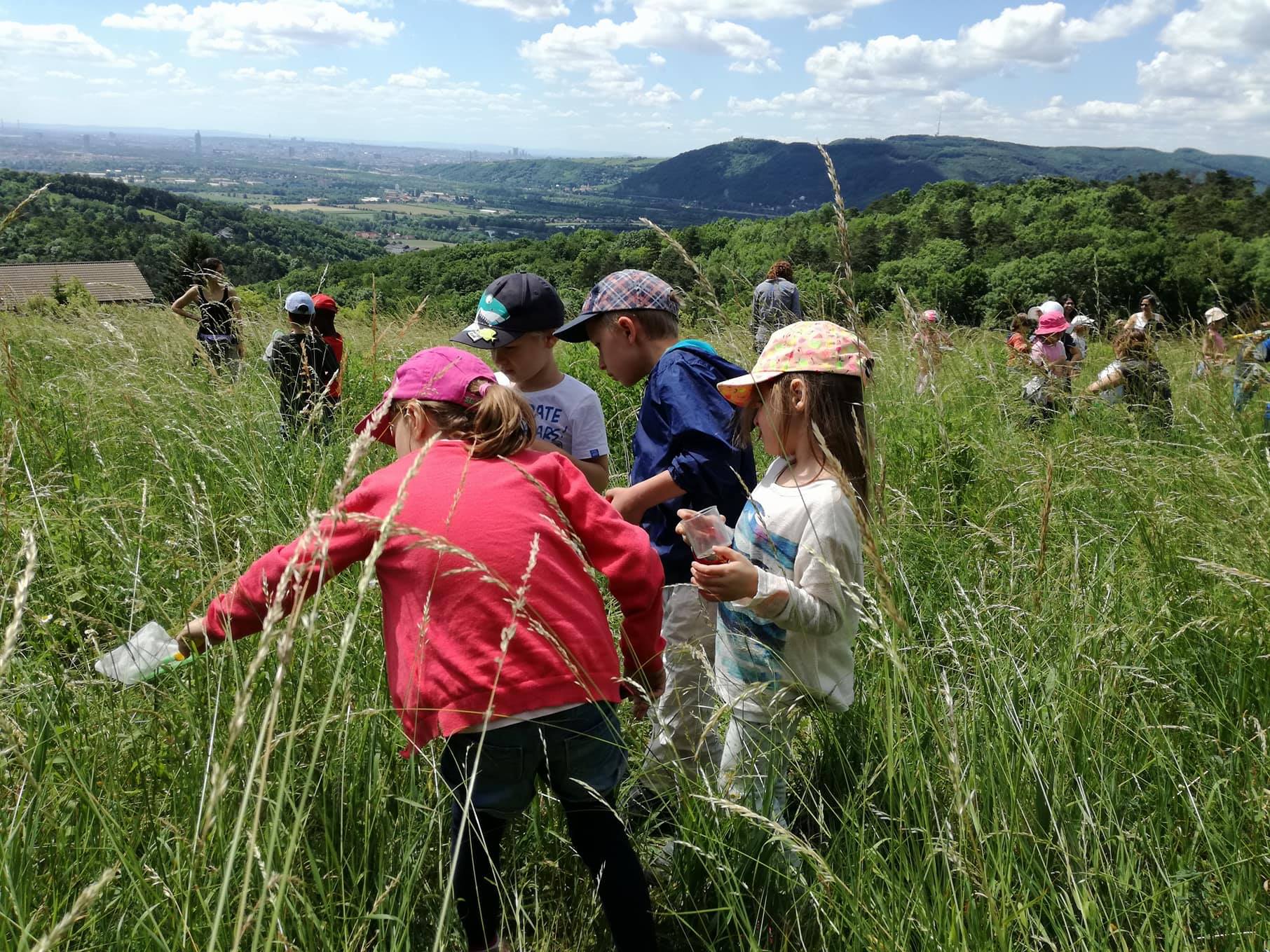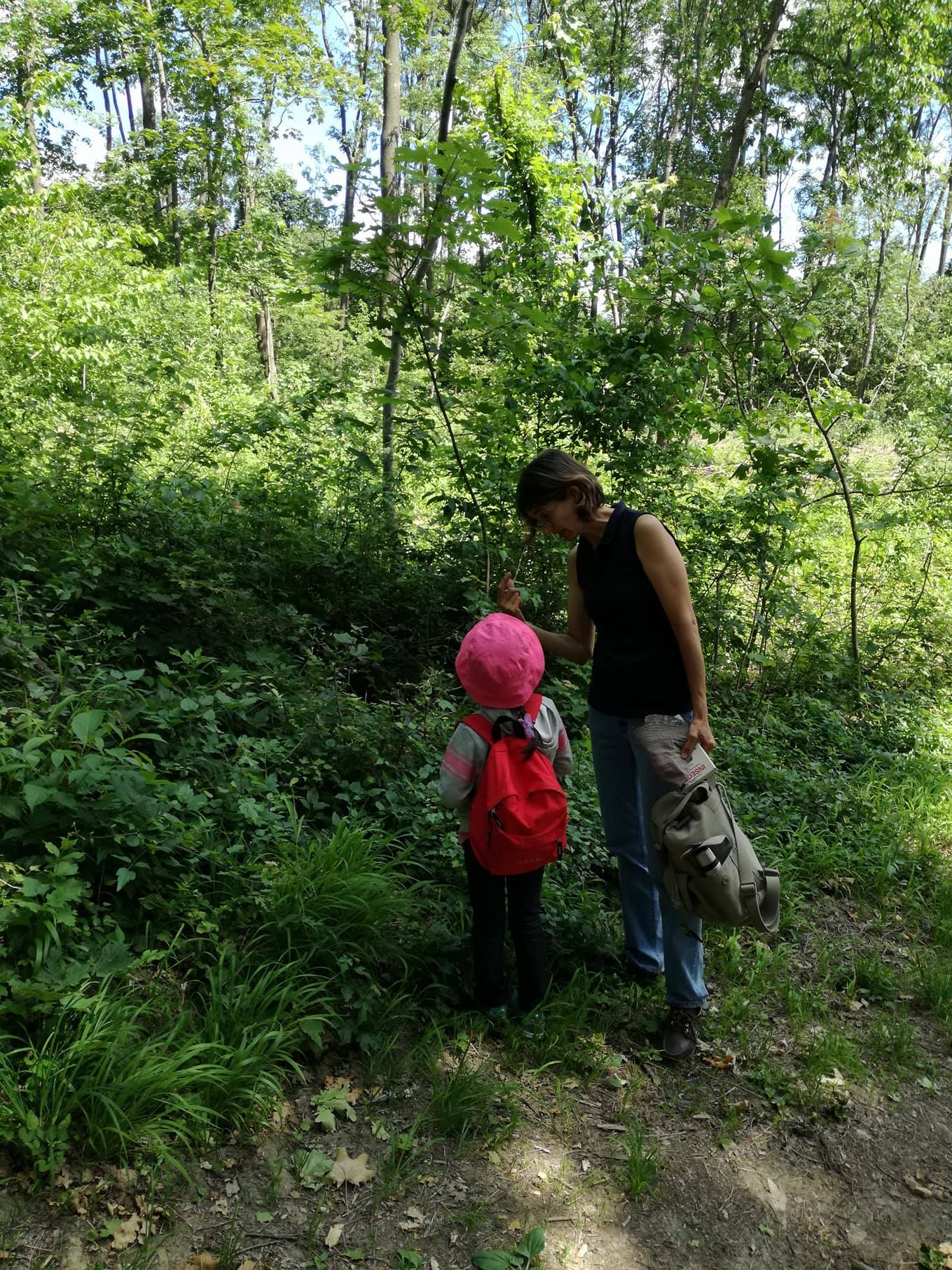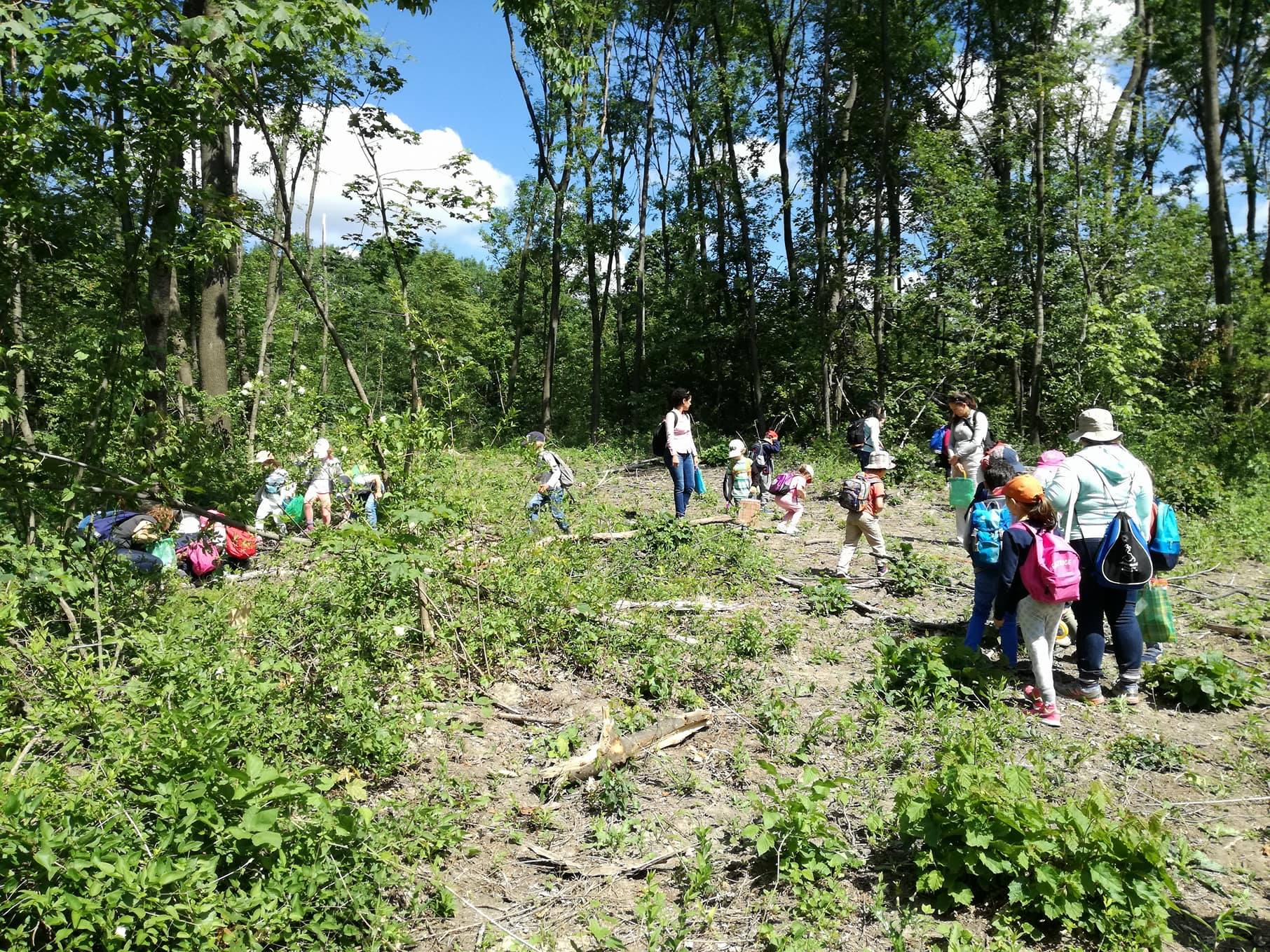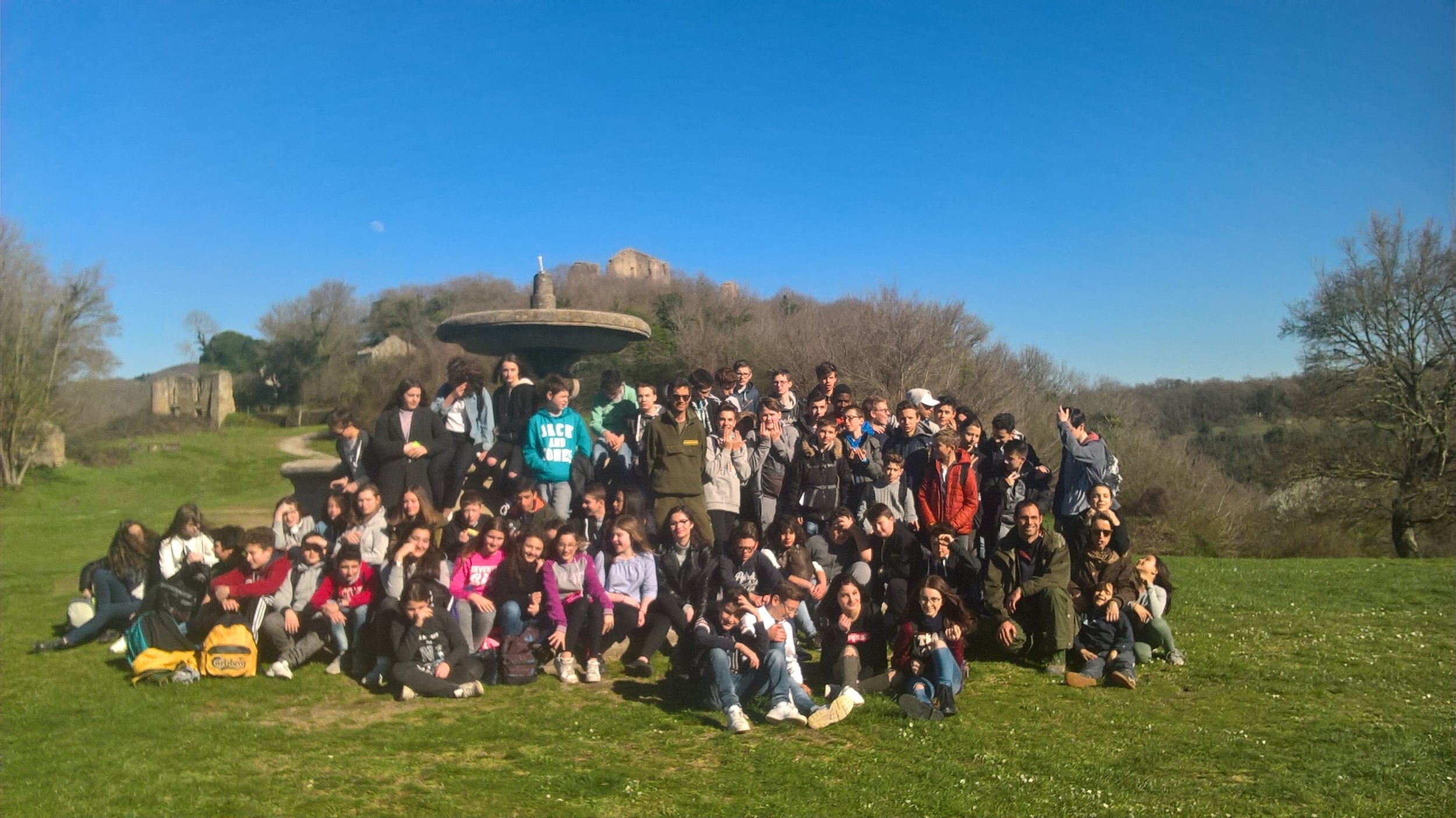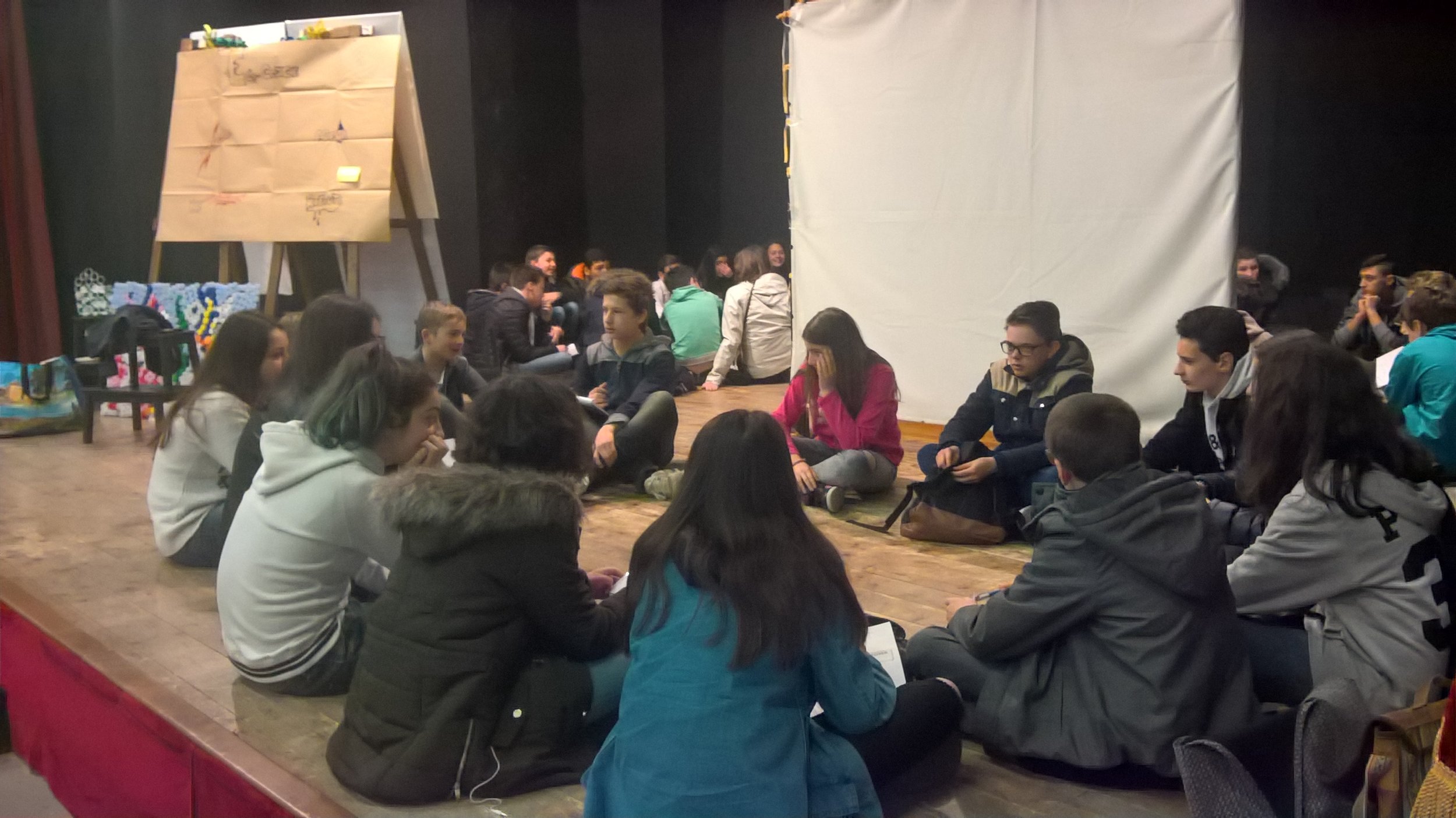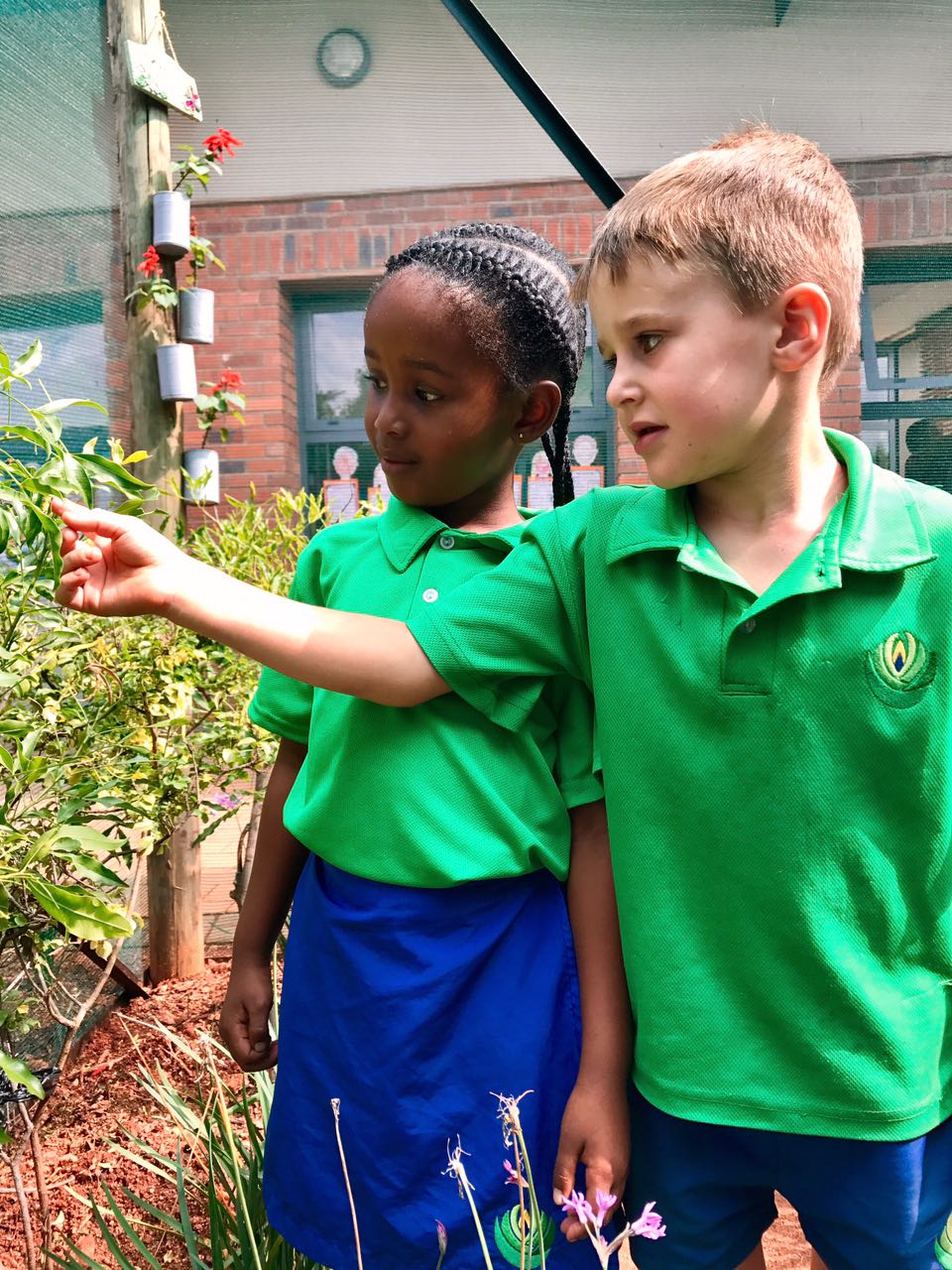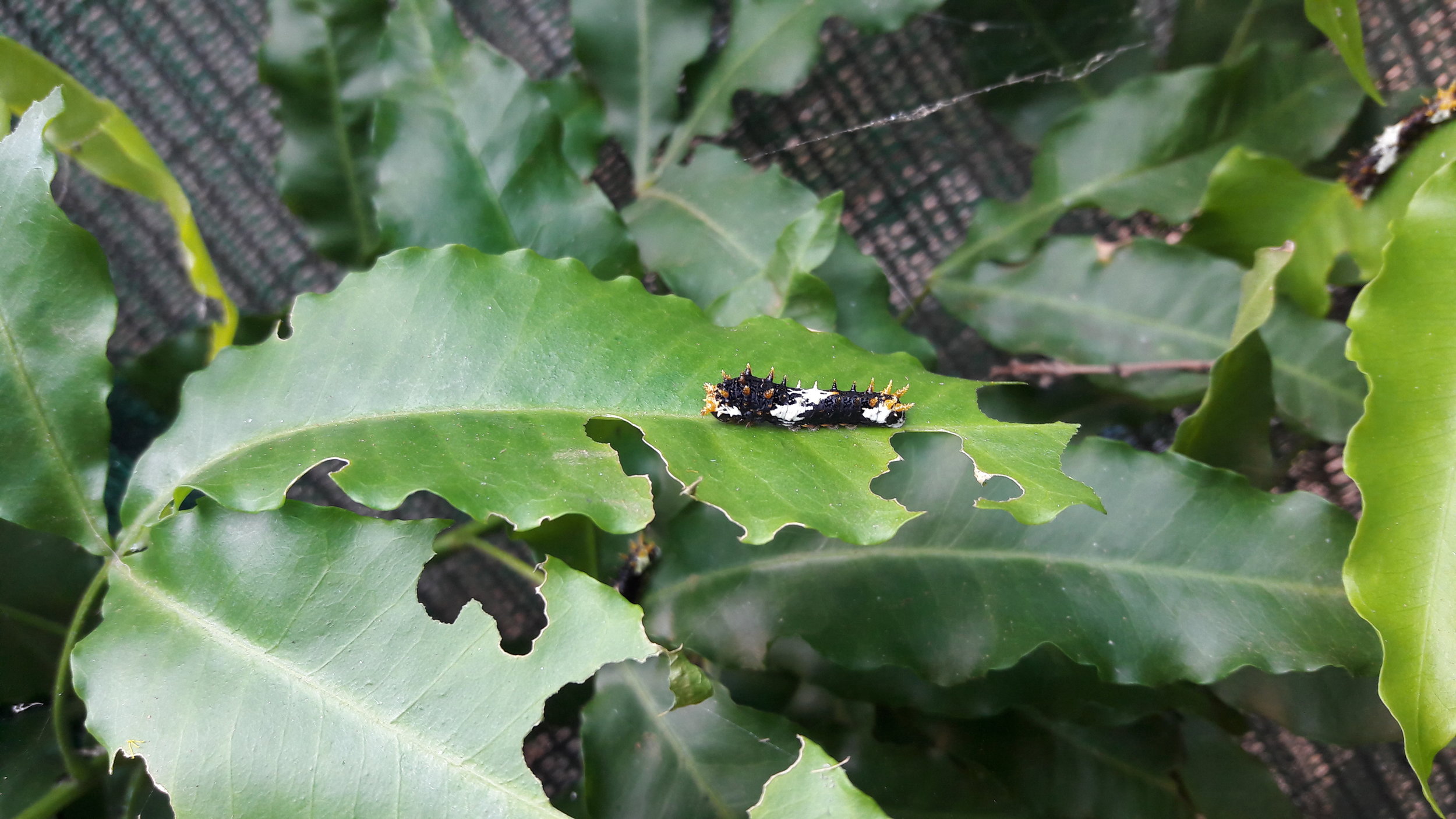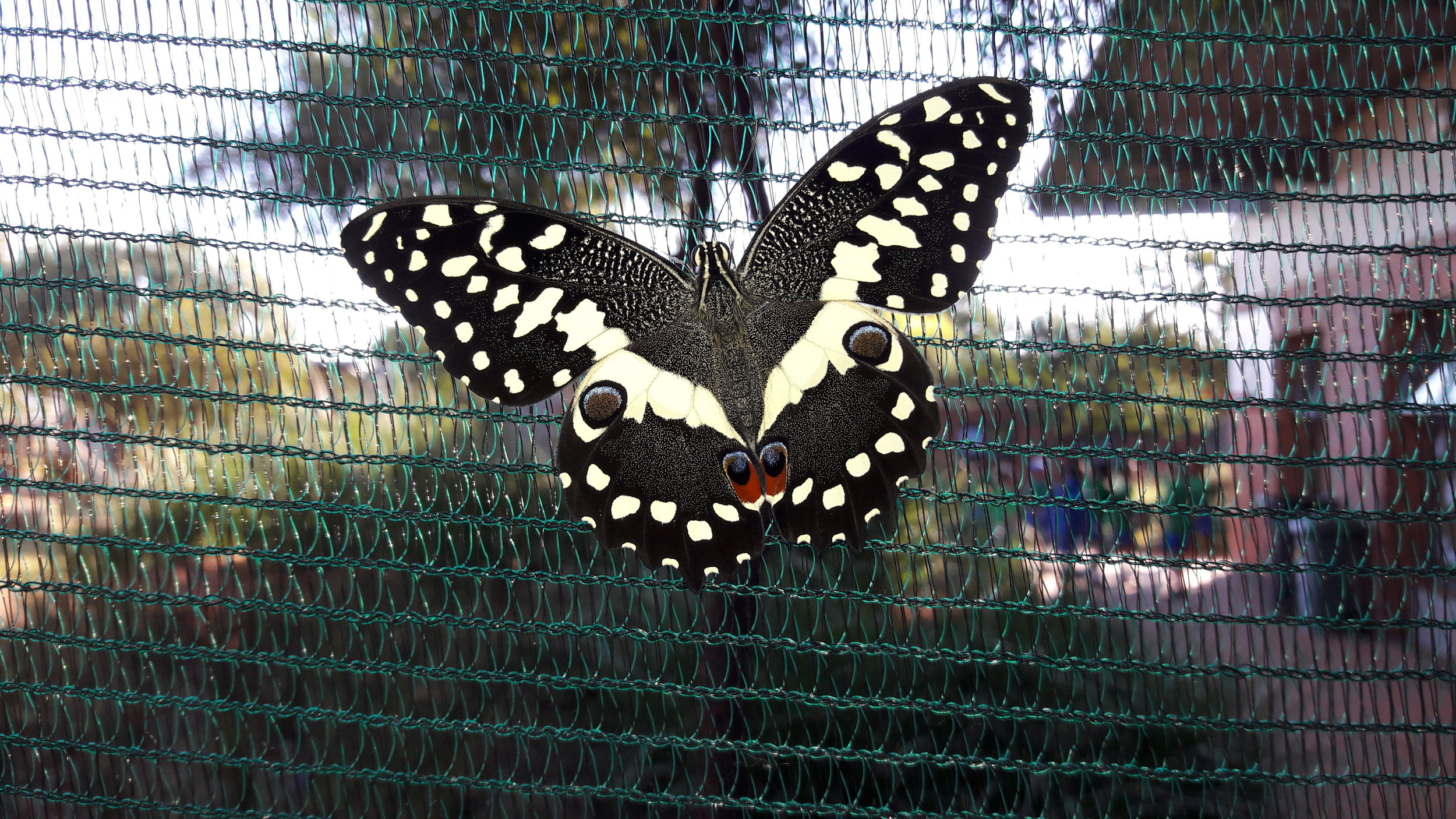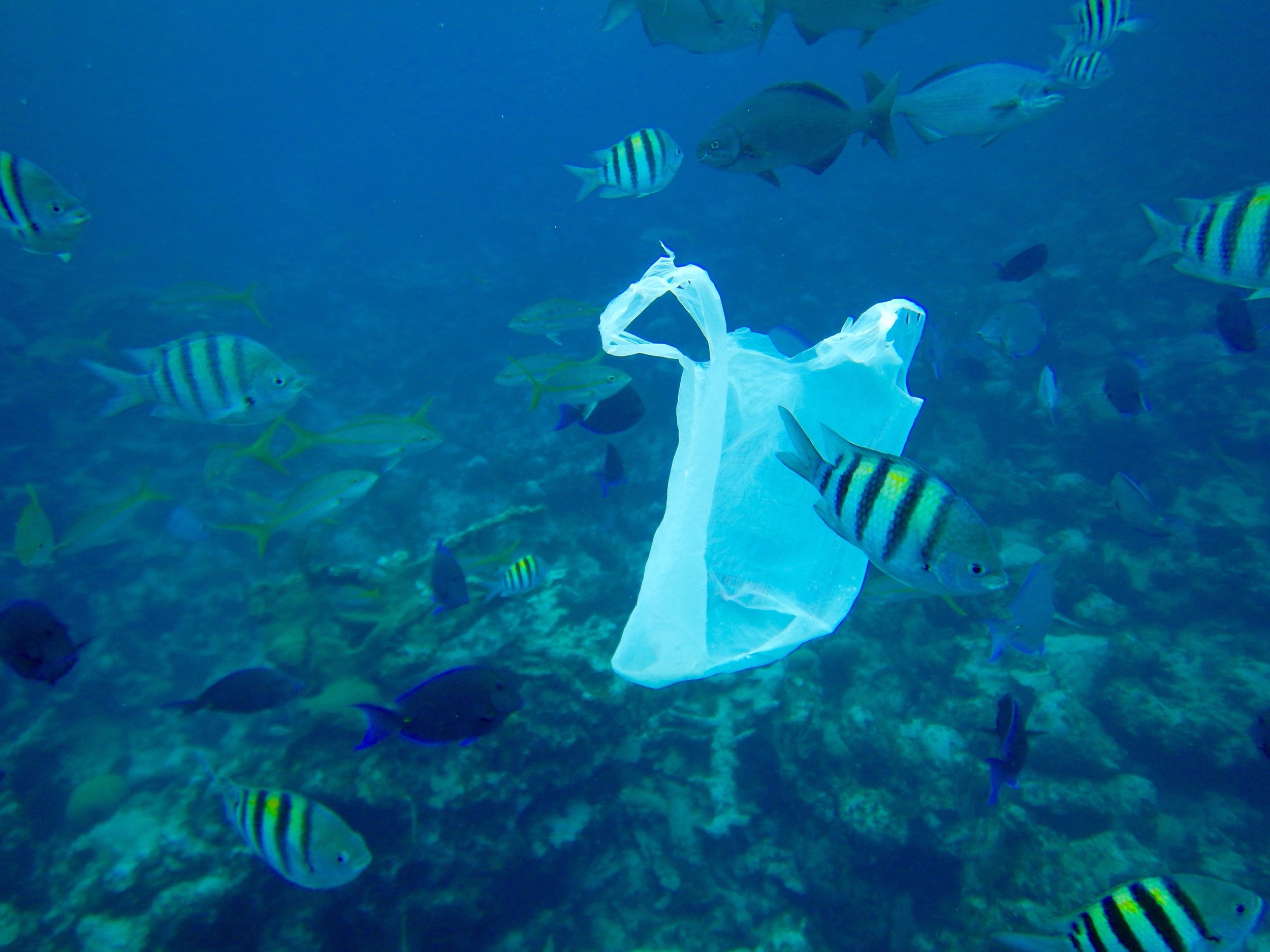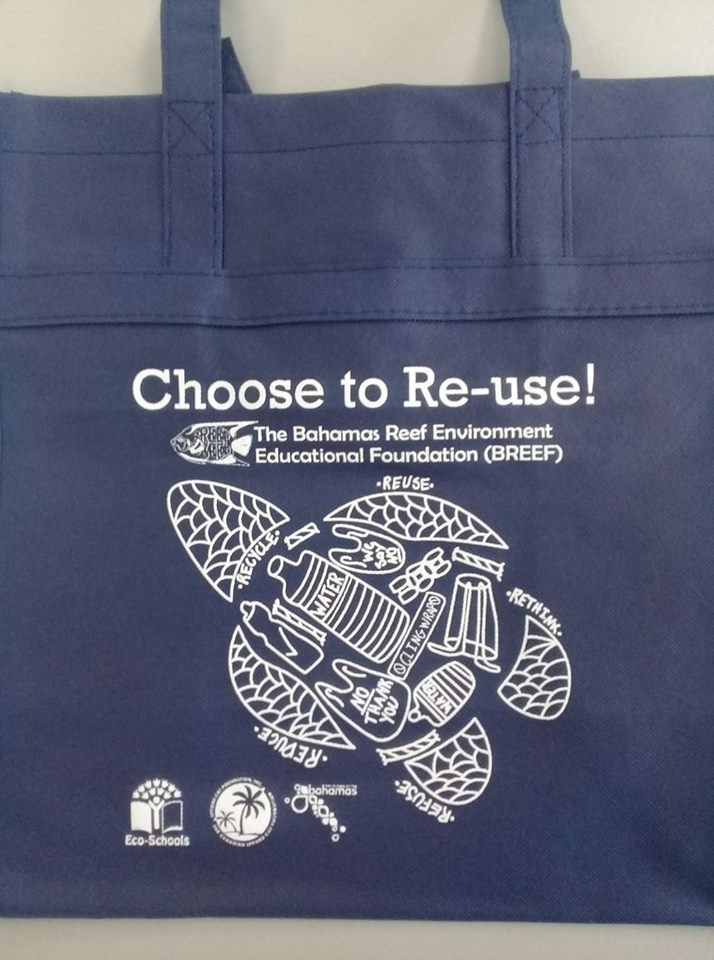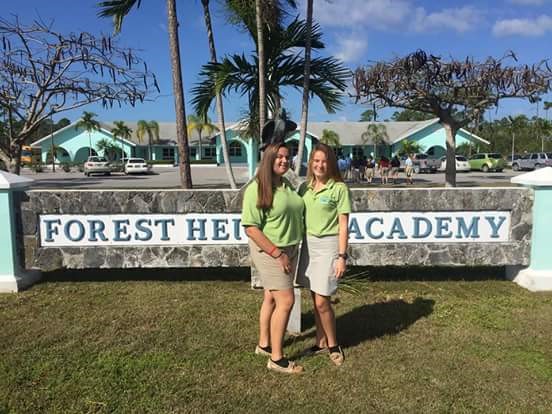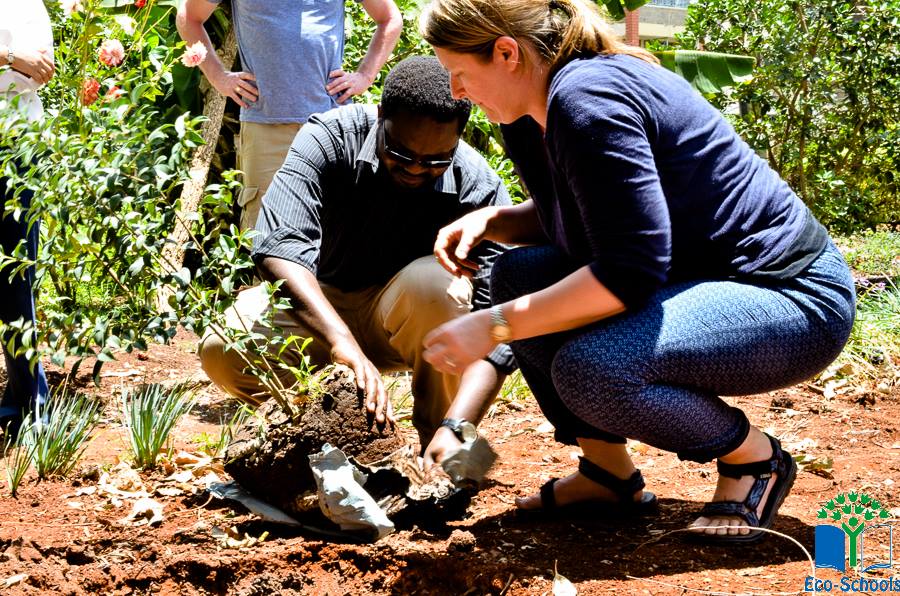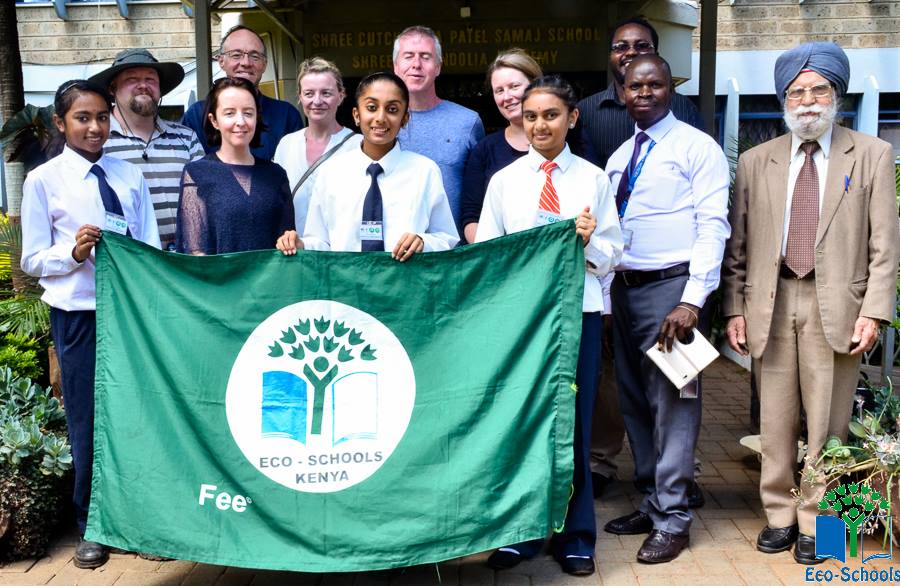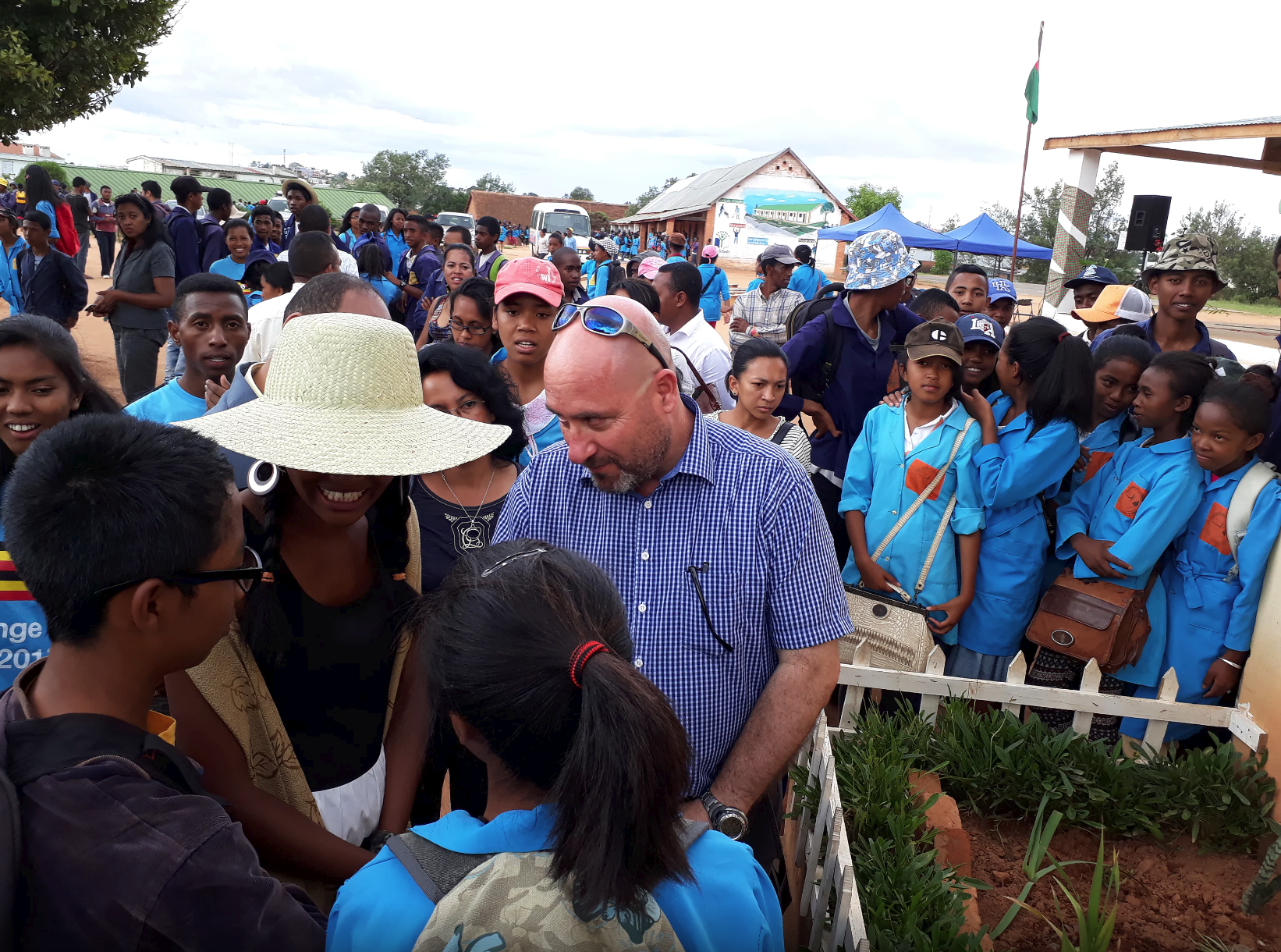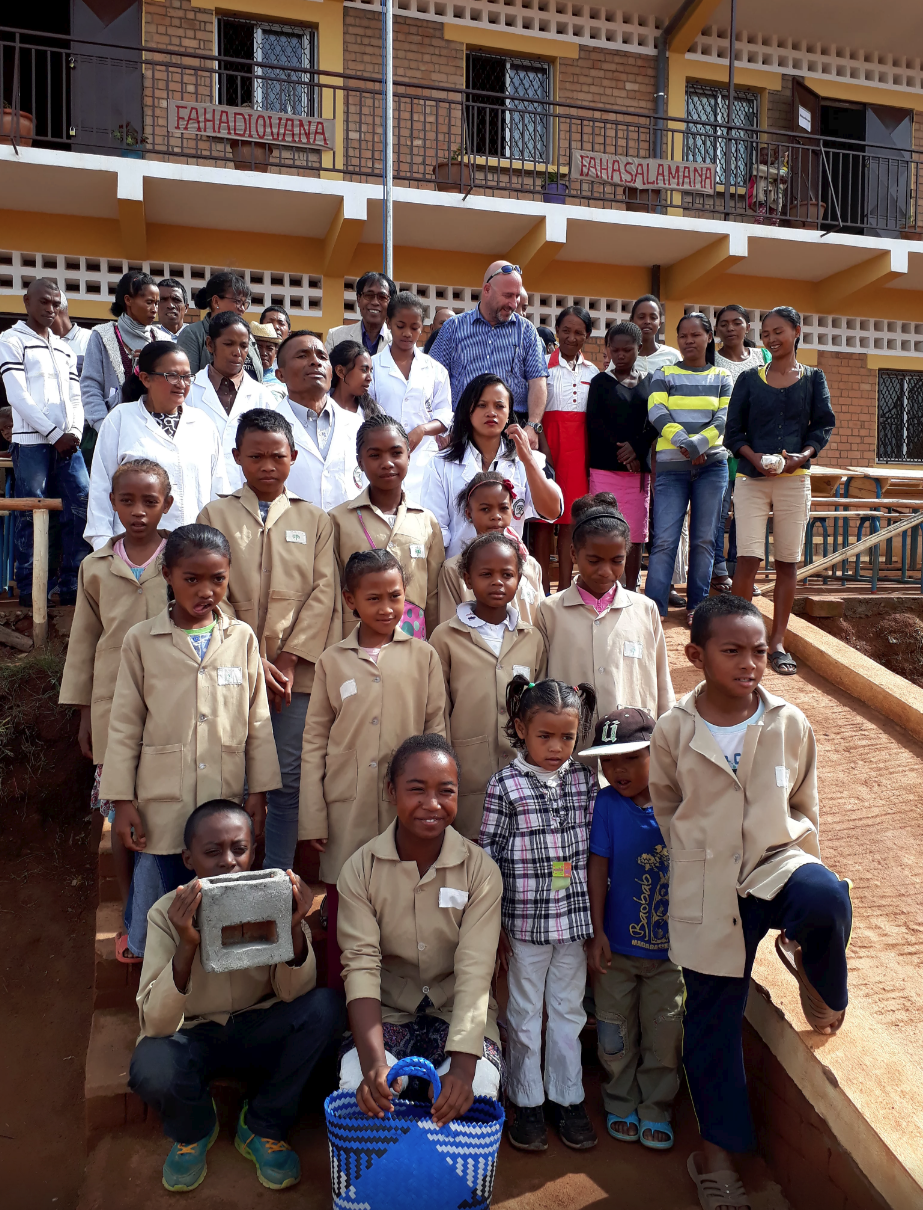We Eat Responsibly project is a pan-European project built on a vision. In a world that is facing major global challenges, we ask what kind of learning do we need to equip young people with the knowledge, skills and values relevant for a sustainable future.
The We Eat Responsibly project started in February 2015 and will end in January 2018. It was built as an explorative project bringing together a long established Eco-Schools network (that has been operating for over 25 years) and an experimental innovative methodology with a systemic global scope of thinking.
Taking into account that as humanity we already live beyond the planetary boundaries and in the near future our planet will need to feed 10 billion people, we believe that reflection on our lifestyle and its impacts on the people and ecosystems of the world is a crucial step towards a future that can work for everyone.
We focused on work with a global dimension of responsible food consumption and sustainable food systems. The problematic management of global food systems nowadays is a root cause of key global challenges. Hunger, poverty and human rights violations, environmental degradation and biodiversity loss, exploitation and pollution of natural resources altogether stem from the way our food is produced, shipped and consumed. These problems stand behind many social and political conflicts and contribute to climate change in a major way.
Our project enables children, pupils, students, teachers and members of local communities to explore the context of food production and empowers them to look for responsible changes that are achievable in their local context.
In 2017, after two years of implementation of the project, We Eat Responsibly has succeeded in involving 494 unique schools, training 2,950 teachers and involving more than 262,300 pupils and students in 9 project countries (Bulgaria, Czech Republic, Croatia, Latvia, Malta, Poland, Romania, Slovakia, Slovenia).
There are all kinds of schools involved in the project – secondary, elementary schools and even kindergartens.
Responsible food consumption has proved to be an important and comprehensible topic for public actors such as municipalities, local governments etc. For example, thanks to students and teachers in Burgas, Bulgaria, who were involved in the We Eat Responsibly project in 2016, the local municipality of Burgas launched a campaign together with a funding scheme: Eat responsibly, live healthy for addressing responsible food consumption in all the schools and kindergartens in Burgas.
The potential to influence public policy by the We Eat Responsibly project stems mainly from the public actions that are usually lead by local youth involving the whole community. We trust that the changes happening around schools, and the deeper understanding of global interconnectedness by students and teachers creates a greater confidence in the actors involved that change is possible and that this is at the core of public policy changes.
Website: https://www.eatresponsibly.eu
Facebook international: https://www.facebook.com/weeatresponsibly/
We Eat Responsibly project is created with support from the European Union.
